Black Seed: The Best Herb For Balanced Immunity
Why do we get sick in the fall? Studies show that times of seasonal change are those with the highest spikes in infectious diseases, including upper respiratory tract infections (URTI) (1-3). Modern medicine attributes the seasonal spike in upper respiratory illnesses to the increase in time spent indoors.
The theory is that when the weather is cold, people are more likely to spend time in closed areas where they can spread infections to each other more easily.
While there is some truth to this theory, there is much more to the problem than time spent indoors (3). There appears to be a direct correlation between flu season and the lack of exposure to the sun which is a reminder of how important Vitamin D is for our everyday life and immunity (4). Thus, the best way to support a strong immune system is to ensure maintaining overall health and wellness and provide the body with its needs. A healthy lifestyle is, perhaps, the best way to ensure continuous immune support.
Blog Contents
How Does Our Immunity Work?
Immune health is a branch of health that gives us resistance to infections and diseases. Immune health can be innate, meaning that an individual is born with it, or adaptive, meaning that it is acquired through exposure to disease-causing agents. (5)
Innate immunity also includes physical barriers and probiotics. Physical barriers such as the skin or mucous membranes, prevent pathogens from entering the body. Probiotics are beneficial bacteria that live in the gut and help to fight off infection. Together, these defences help to keep the body healthy and free from disease. (6)
An immune system is a place of great complexity and high synchronicity. It thrives on the multidimensional approach, meaning that it functions optimally by utilizing many overlapping defences for the same purpose. Such overlap prevents invaders from falling through the cracks.
Another reason for the overlap is that the immune system is designed with safety in mind. Immunity is made to maintain the moderate activity of all defences to be conducive to life.
Having one over-functioning defence can be highly destructive to the body if it goes out of hand and becomes too keen on breaking down both body tissues and predators. Thus, a healthy immune system is always watchful and sharp yet, never overzealous with its efforts to protect the body. (7)
How Do Immune-Supportive Herbs Work?
Immune-supportive herbal remedies are those taken to improve the overall function of the immune system. They can either be immunostimulants or immunomodulators.
These herbs work by indirectly supporting the health of the immune system through various mechanisms.
The most common mechanism is by increasing the production and/or activity of white blood cells. White blood cells are the soldiers of the immune system. They are responsible for identifying, neutralizing, and/or destroying pathogens that enter our bodies. (8)
Other mechanisms by which immune-supportive herbs work include reducing inflammation, modulating cytokine production, and stimulating detoxification processes.
It is important to specify that herbs with antibacterial properties may and may not be immune-supportive. The same rule applies to botanicals that possess antiviral properties. Nonetheless, antimicrobial herbs can have many positive effects when combined with other medicinal herbs that support healthy immune function.
Reducing Inflammation
Inflammation is a normal and necessary response to injury or infection. However, when inflammation becomes chronic, it can lead to various diseases such as heart disease, cancer, and autoimmune diseases.
Immune-supportive herbs help to reduce chronic inflammation by modulating the activity of certain inflammatory chemicals called cytokines. Cytokines are produced by white blood cells and play an important role in regulating inflammation. (9)
Modulating Cytokine Production
Cytokines are small proteins that play an important role in cell signalling. They help to regulate the immune system by controlling the activity of other cells such as white blood cells. Some cytokines can promote or inhibit inflammation.
Certain immune-supportive herbs have been shown to modulate cytokine production. This means that they can help to control the activity of the immune system by regulating the production of these important signalling molecules. (10)
Stimulating Detoxification Processes
Many of our organs including our skin, liver, and kidneys play an important role in detoxification. Detoxification is a process by which our bodies eliminate or neutralize toxins.
Exposure to toxins can occur through various sources such as the food we eat, the air we breathe, and the products we use on our skin. Toxins can also be produced internally as a result of metabolic processes. Some examples of toxins include heavy metals, pesticides, and herbicides.
Exposure to these toxins can lead to oxidative stress, which is a condition caused by an imbalance between free radicals and antioxidants in our bodies. Free radicals are reactive molecules that can damage cells, leading to inflammation and disease. Antioxidants are molecules that help to neutralize free radicals and prevent cellular damage. (11)
Immune-supportive herbs help to stimulate detoxification processes by increasing the activity of certain enzymes involved in detoxification. This helps to remove toxins from our bodies and reduce oxidative stress.
Herbs Commonly Used for Immunity
Immune health is essential to overall wellness, and a variety of natural ingredients can help to support immunity. Echinacea is a popular herbal supplement that has been traditionally used to help fight off infections. Astragalus Root is another immune-supporting herb that has been used in traditional Chinese medicine for centuries. Elderberry is a rich source of antioxidants and has been shown to help reduce inflammation. Holy Basil is another herb with powerful anti-inflammatory properties. Black Pepper contains a compound called piperine, which has been shown to boost Immune health. Finally, Ginger Root is a well-known remedy for nausea and vomiting, but it also has Immune-supporting benefits through anti-inflammatory pathways. These natural ingredients can all help to support Immune health and promote overall wellness.
Immune Stimulation vs. Immune Modulation
Immune stimulation and immune modulation are two different approaches to Immune health. Immune stimulation is the process of activating the Immune system to fight infection or disease. Immune modulation is the process of regulating the Immune system to prevent overreaction and autoimmune disease. Both approaches have their benefits and drawbacks. Immune stimulation can be beneficial in the short term, as it can help the body to fight off infection more quickly. However, it can also lead to Immune system exhaustion, making the body more susceptible to future infections. Immune modulation, on the other hand, helps to keep the Immune system functioning properly over the long term, but it may not be as effective in fighting off immediate infections. Ultimately, the best approach for Immune health depends on the individual's needs and medical history.
For example, echinacea contains compounds that can boost the production of white blood cells, which are essential for fighting off bacteria and viruses. Long-term use of the herb is discouraged as it may overstimulate immunity.
Astragalus root is an immunostimulant, meaning it helps to Stimulate the Immune System by stimulating the production of white blood cells and antibodies. Astragalus should be used with caution, especially for those with an over-active immune system.
Nigella Sativa and Balanced Immunity
Black Seed is a Mediterranean/ Middle Eastern botanical that is used both for culinary purposes and for medicinal purposes. In ancient times, the health benefits attributed to black seed oil were too many to count. Due to its many health benefits, black seed oil was used as a health tonic on a daily basis.
A quick search for scientific evidence demonstrating the health tonifying properties of Black Seed reveals properties that are almost too hard to believe. Verified with lab studies, in silico (computer model) trials, animal studies and clinical trials, the following are a few of Black seed's effects on the body:
- Tonify white blood cell count
- Tonify neutrophils
- Tonify cell-mediated immunity
- Improves pulmonary function tests
- Decreases allergic markers
- Inhibits histamine release from mast cells
- Improves allergy symptoms
- Exhibits anti-microbial and anti-viral properties
- Improves immune function as an anti-oxidant (12,13)
It may seem like every plant component being advertised is some form of an anti-oxidant. While it is true that many plant components are anti-oxidants, not all anti-oxidants have the same affinity or functionality.
Vitamin C, for example, is known to be a highly functional, fast-acting anti-oxidant. In contrast, beta-carotene is known to be a slower anti-oxidant that has an affinity for deeper tissue anti-oxidation. (14)
Black seed, on the other hand, is a potent anti-oxidant with an affinity for the immune system. One of the most stressful aspects of maintaining immunity is the overload in oxidation. The immune system is a system that utilizes oxidation as a defence mechanism (14). The enzyme Superoxide Dismutase (SOD) synthesizes reactive oxygen species to neutralize pathogens.
While the immune system is generally excellent at maintaining balance, some infections can throw off the balance of reactive oxygen species. High oxidation in the blood is known to decrease immunity. (7, 16)
Due to its unique medicinal traits, black seed oil is safe to use on both an over-stimulated and weakened immune system. Clinical studies demonstrate that black seed is a balancing agent, rather than an agent to boost immunity (which may at times be destructive).
Studies on conditions like Thalassemia and The Human Immunodeficiency Virus (HIV) demonstrate the oxidative bystander effect. The bystander effect is a known phenomenon that addresses the destruction of cells that are only bystanders of a cellular-destructive event. Thus, in order to destress the body and have the most number of immune cells ready to participate in battle, it may be beneficial to guard the body against the bystander effect. (17)
Books can easily be authored about the benefits of Nigella sativa for the body’s system of defence. For the purposes of the everyday user, it may suffice to say that Black seed has an excellent safety profile. Black seed may be incorporated as a healthy part of seasonal defence preparation. As black seed is a botanical with great effectiveness, it is always advised to use it on a seasonal basis. Meaning that the use of Black seed oil is only necessary for months at a time.
Ask your naturopath/ healthcare provider about incorporating Black seed oil in your morning routine for a period of 2-3 months and see if your defences are stronger this change season (especially through the winter months).
Tracking the Effect of Black Seed Oil on Your Immune System
Black seed oil can have an effect that is trackable with a blood test known as The Complete Blood Count (CBC). Ask your doctor if it is appropriate for your case to have a CBC ordered prior to and after Black seed oil use. Other markers to track include inflammatory markers like ESR, CRP, and RF. As a powerful antioxidant, black seed oil may also have healthy effects on the lipid profile.
Other Uses of Black Seed Oil
Do not forget that Black seed oil has platelet lubricating, vasodilating, bronchodilator and anti-inflammatory effects. All of those effects make Black seed excellent as the anti-oxidant of choice in times of immune stress. (9, 14-16)
Ask your naturopath about using Black seed as soon as you feel any symptoms of cold and flu. It is advised to utilize aromatic essential oils several times a day for best results. Remember that moving the Black seed oil around in your throat may help it effectively combat sore throat and cough.
Article References
- Jianhua Y. Discussion on the Seasonal Regularity of Life: a Theory from The Yellow Emperor’s Internal Medicine [J]. JOURNAL OF BEIJING UNIVERSITY OF TRADITIONAL CHINESE MEDICINE. 1998;4.
- Rodgers L, Sheppard M, Smith A, Dietz S, Jayanthi P, Yuan Y, Bull L, Wotiz S, Schwarze T, Azondekon R, Hartnett K. Changes in Seasonal Respiratory Illnesses in the United States During the COVID-19 Pandemic. Clinical Infectious Diseases. 2021 Apr 29.
- Eccles R. An explanation for the seasonality of acute upper respiratory tract viral infections. Acta oto-laryngologica. 2002 Jan 1;122(2):183-91.
- Coussens AK. The role of UV radiation and vitamin D in the seasonality and outcomes of infectious disease. Photochemical & Photobiological Sciences. 2017;16(3):314-38.
- Hoebe K, Janssen E, Beutler B. The interface between innate and adaptive immunity. Nature immunology. 2004 Oct;5(10):971-4.
- Pagnini C, Saeed R, Bamias G, Arseneau KO, Pizarro TT, Cominelli F. Probiotics promote gut health through stimulation of epithelial innate immunity. Proceedings of the national academy of sciences. 2010 Jan 5;107(1):454-9.
- Smilek DE, Ehlers MR, Nepom GT. Restoring the balance: immunotherapeutic combinations for autoimmune disease. Disease models & mechanisms. 2014 May;7(5):503-13.
- Hadden JW. Immunostimulants. Immunology today. 1993 Jun 1;14(6):275-80.
- Borchers AT, Keen CL, Stern JS, Gershwin ME. Inflammation and Native American medicine: the role of botanicals. The American journal of clinical nutrition. 2000 Aug 1;72(2):339-47.
- Weber D, Wheat JM, Currie GM. Inflammation and cancer: tumor initiation, progression and metastasis, and Chinese botanical medicines. Zhong Xi Yi Jie He Xue Bao. 2010 Nov 1;8(11):1006-13.
- Robinson MW, Harmon C, O’Farrelly C. Liver immunology and its role in inflammation and homeostasis. Cellular & molecular immunology. 2016 May;13(3):267-76.
- Walsh NP, Bishop NC, Blackwell J, Wierzbicki SG, Montague JC. Salivary IgA response to prolonged exercise in a cold environment in trained cyclists. Medicine and Science in sports and Exercise. 2002 Oct 1;34(10):1632-7.
- Hussain DA, Hussain MM. Nigella sativa (black seed) is an effective herbal remedy for every disease except death-a Prophetic statement which modern scientists confirm unanimously: a review. Adv Med Plant Res. 2016 Apr;4(2):27-57.
- Kooti W, Hasanzadeh-Noohi Z, Sharafi-Ahvazi N, Asadi-Samani M, Ashtary-Larky D. Phytochemistry, pharmacology, and therapeutic uses of black seed (Nigella sativa). Chinese journal of natural medicines. 2016 Oct 1;14(10):732-45.
- Niki E, Noguchi N, Tsuchihashi H, Gotoh N. Interaction among vitamin C, vitamin E, and beta-carotene. The American journal of clinical nutrition. 1995 Dec 1;62(6):1322S-6S.
- El-Gindy Y, Zeweil H, Zahran S, Abd El-Rahman M, Eisa F. Hematologic, lipid profile, immunity, and antioxidant status of growing rabbits fed black seed as natural antioxidants. Tropical animal health and production. 2020 May;52(3):999-1004.
- Marikovsky M, Ziv V, Nevo N, Harris-Cerruti C, Mahler O. Cu/Zn superoxide dismutase plays important role in immune response. The Journal of Immunology. 2003 Mar 15;170(6):2993-3001.
- Cloyd MW, Chen JJ, Wang L. How does HIV cause AIDS? The homing theory. Molecular medicine today. 2000 Mar 1;6(3):108-11.





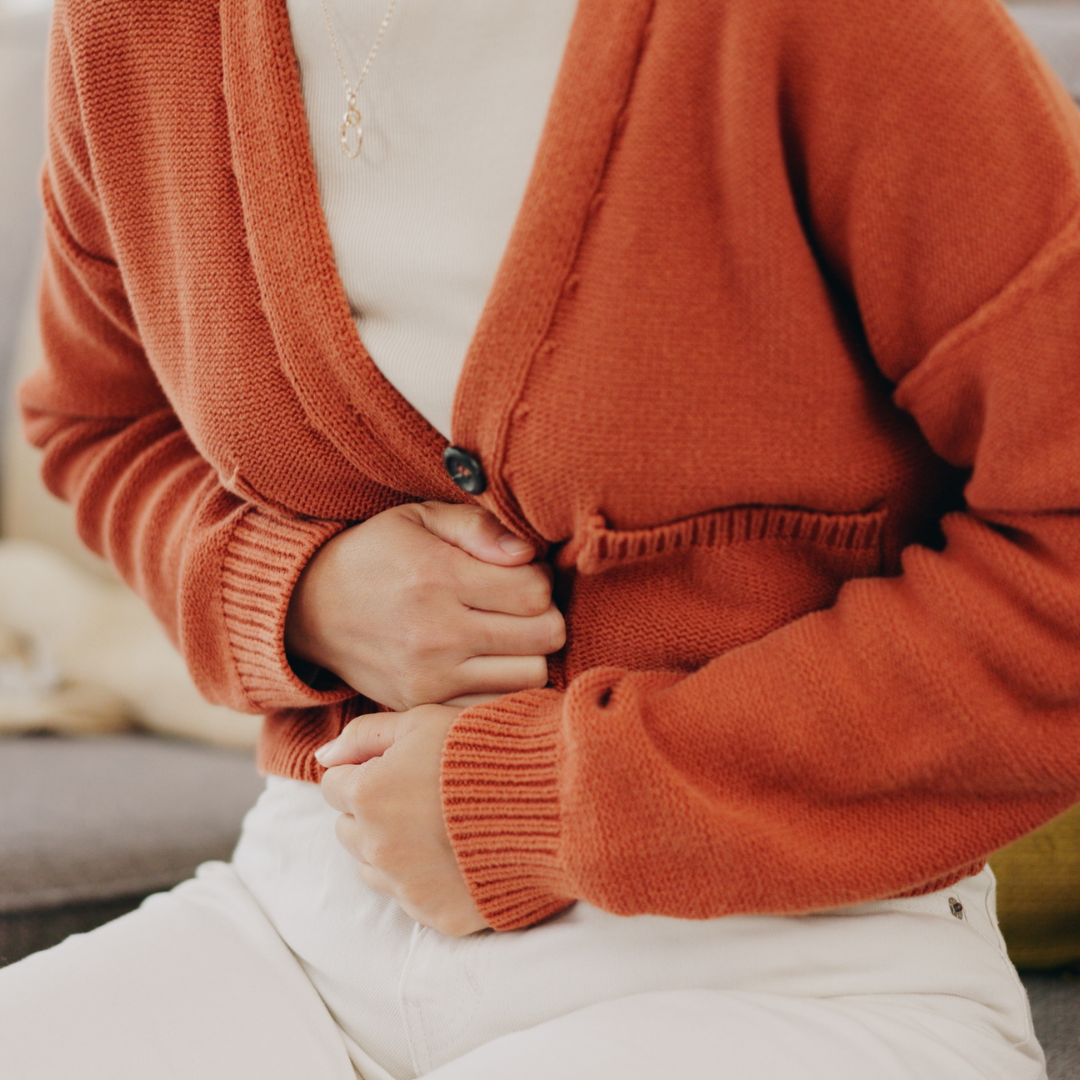

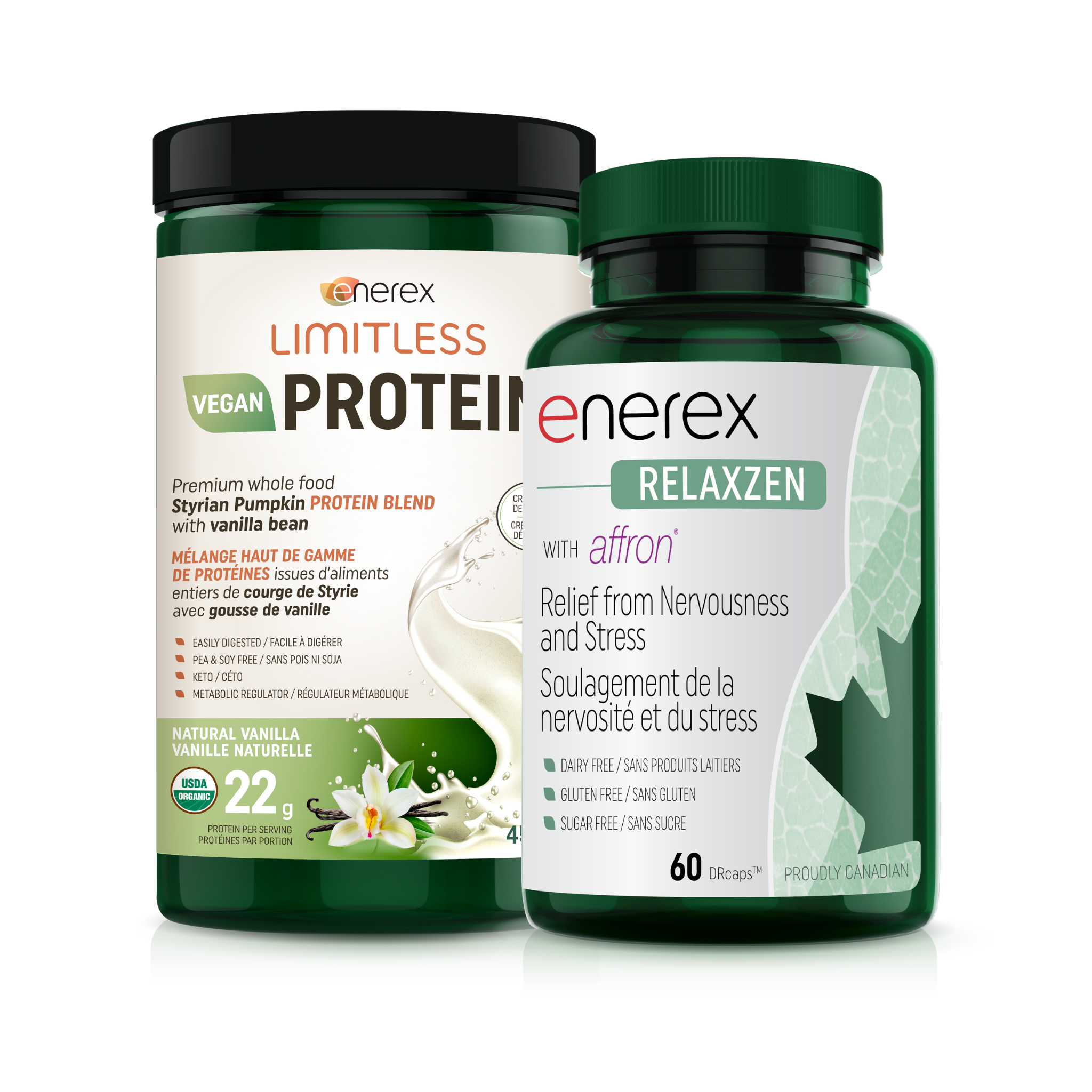
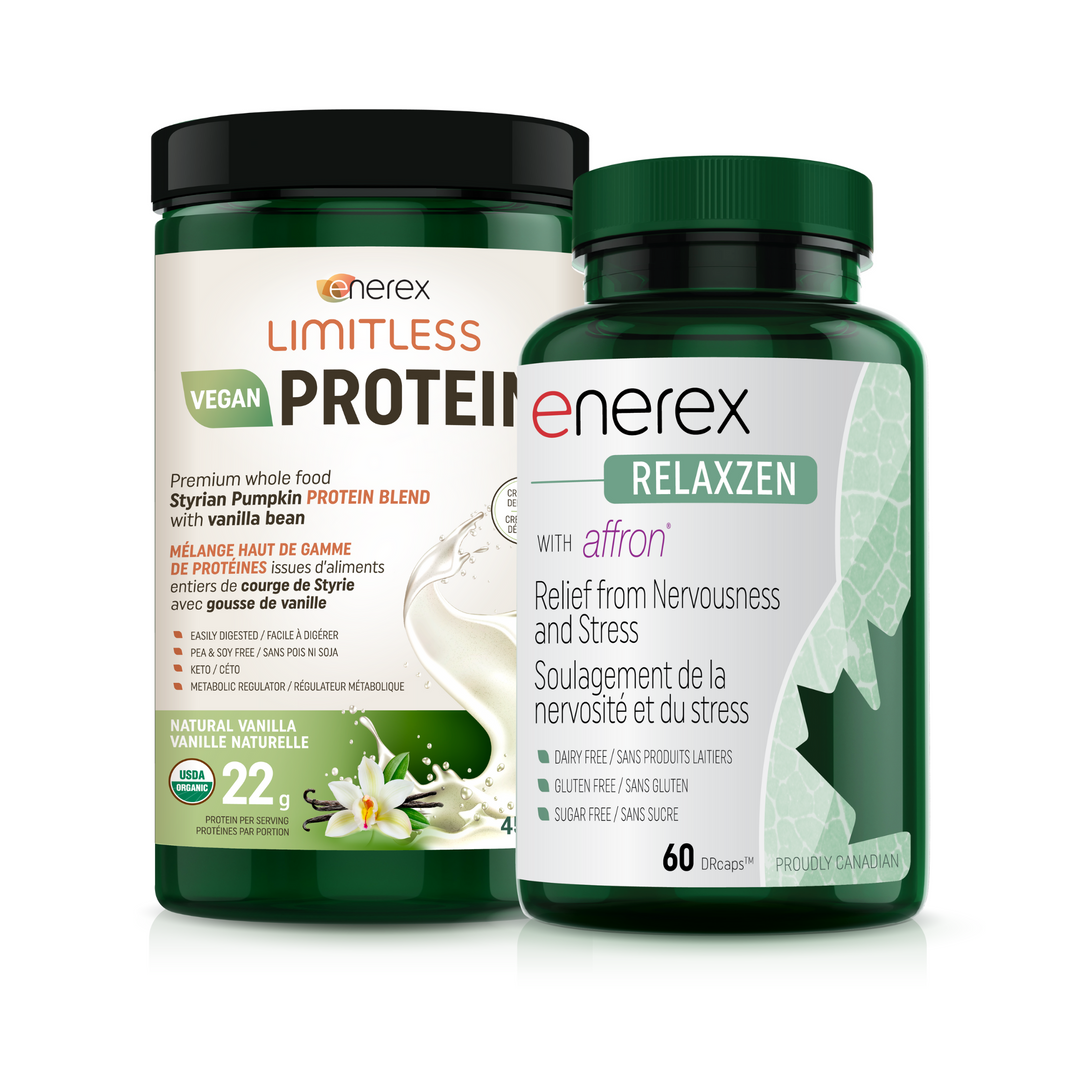
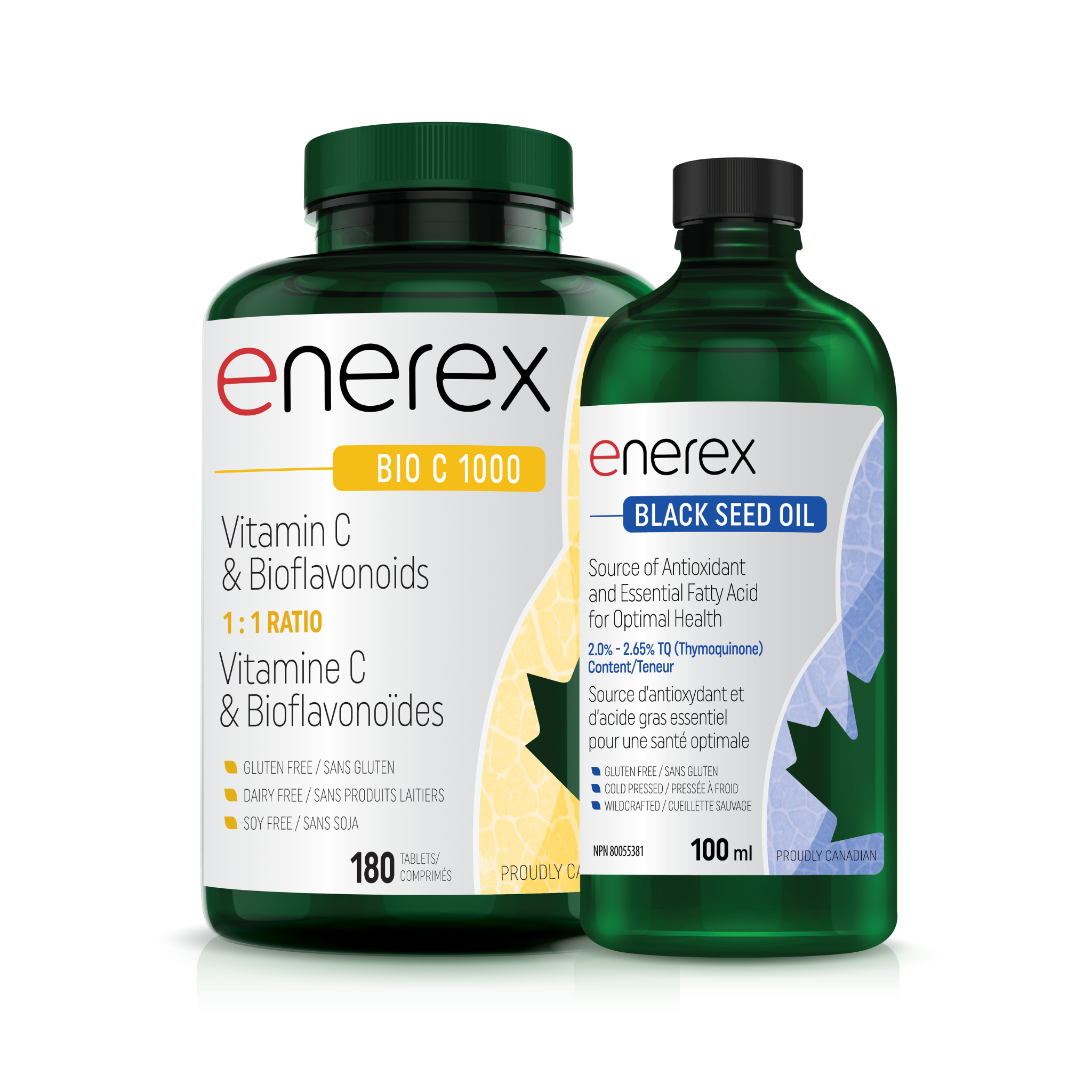
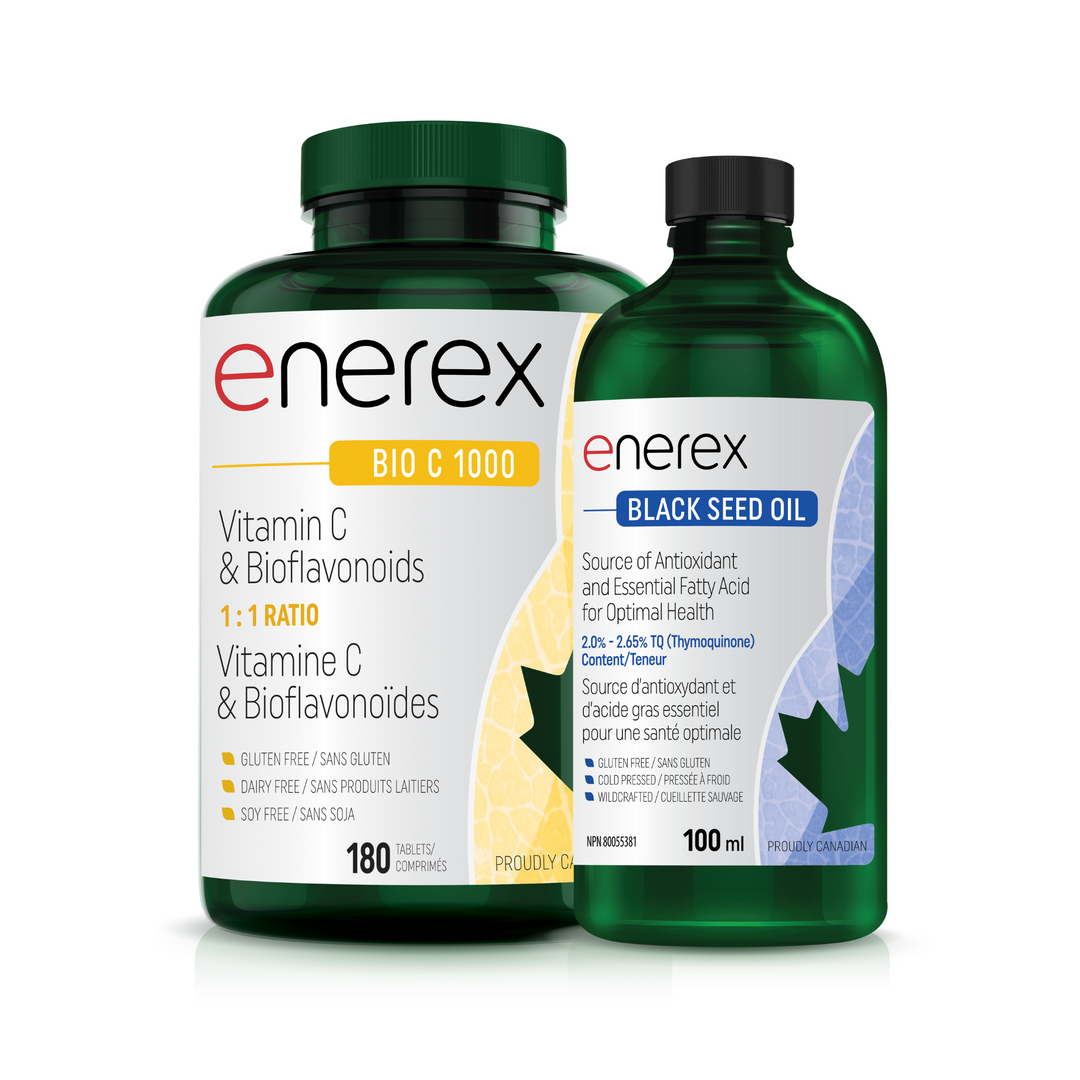
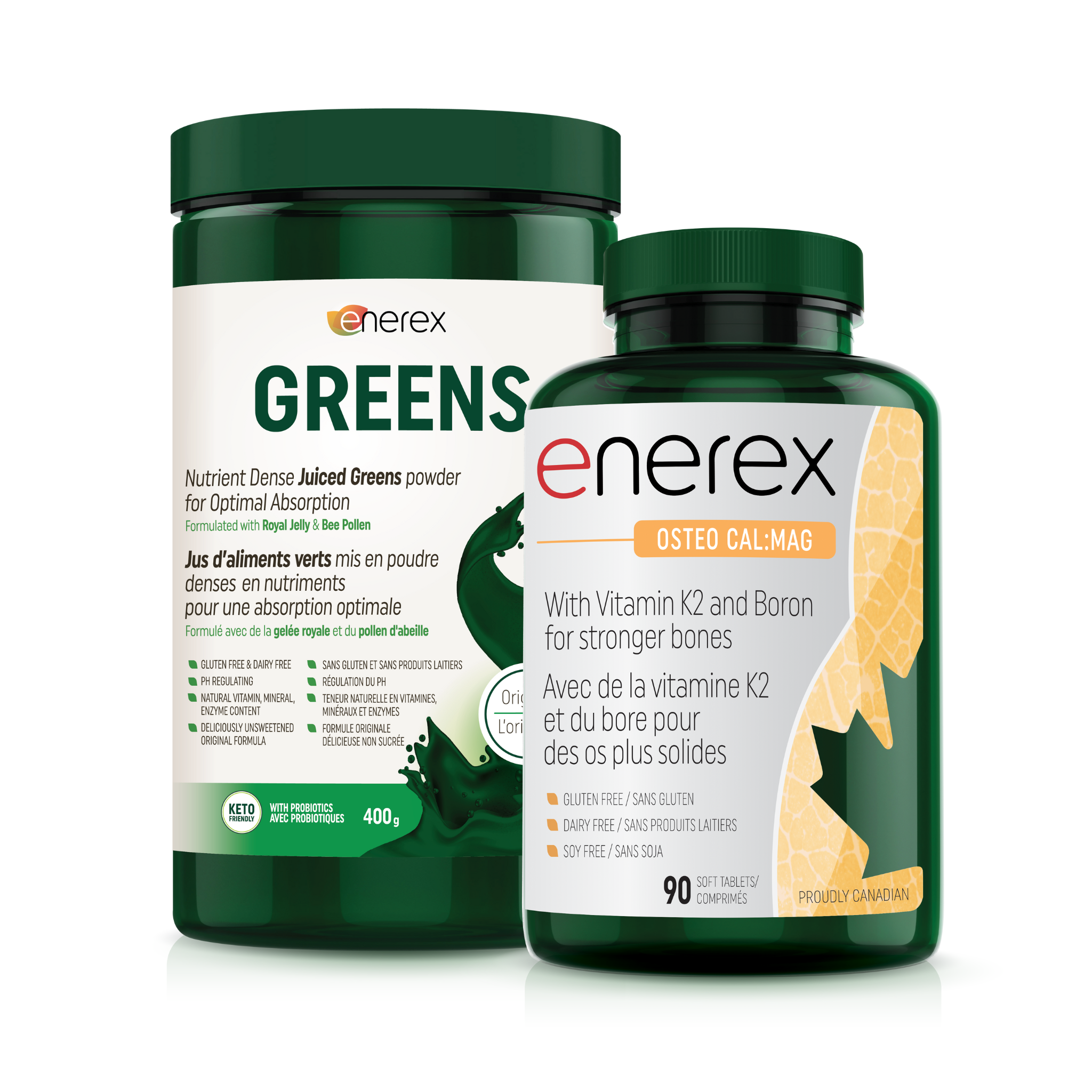
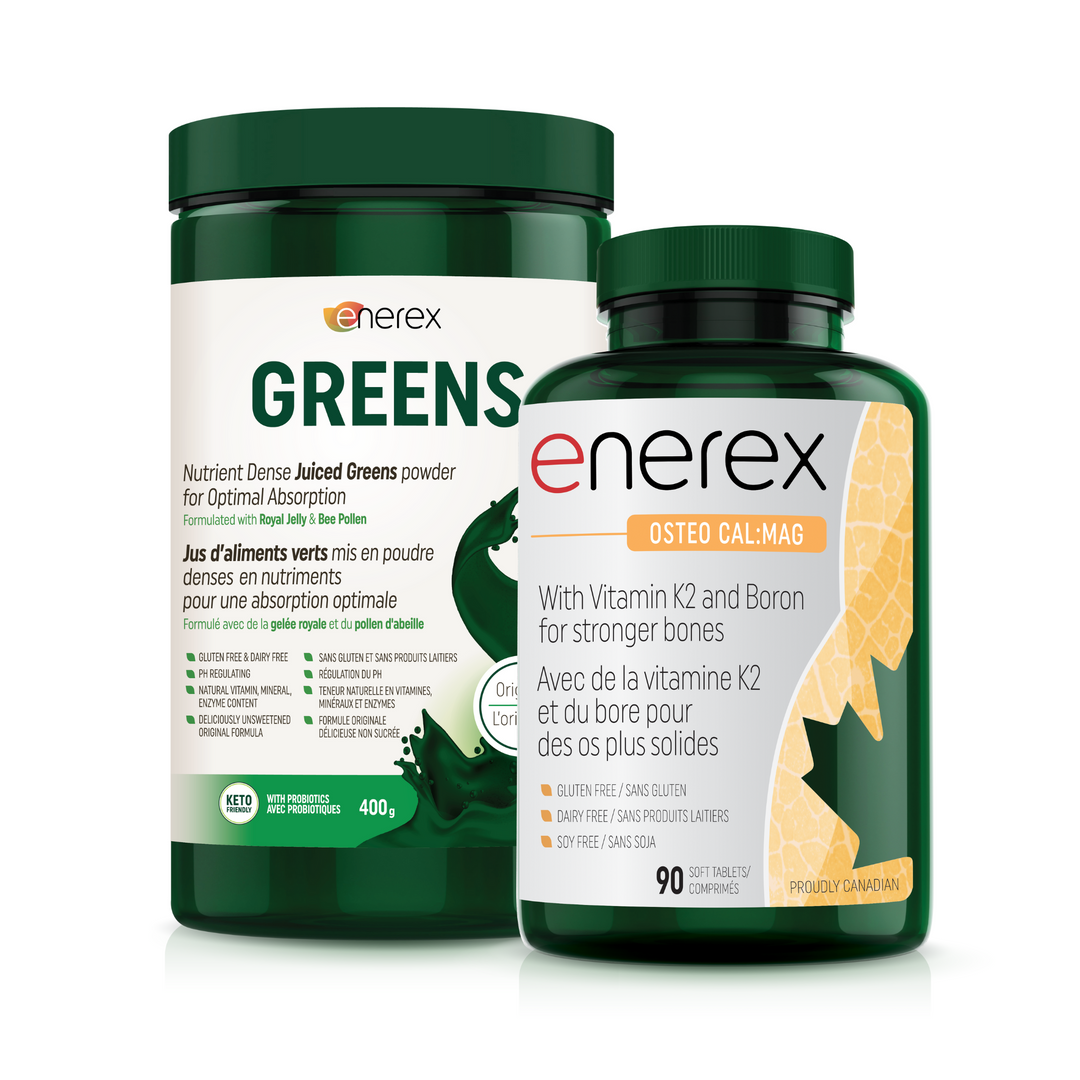
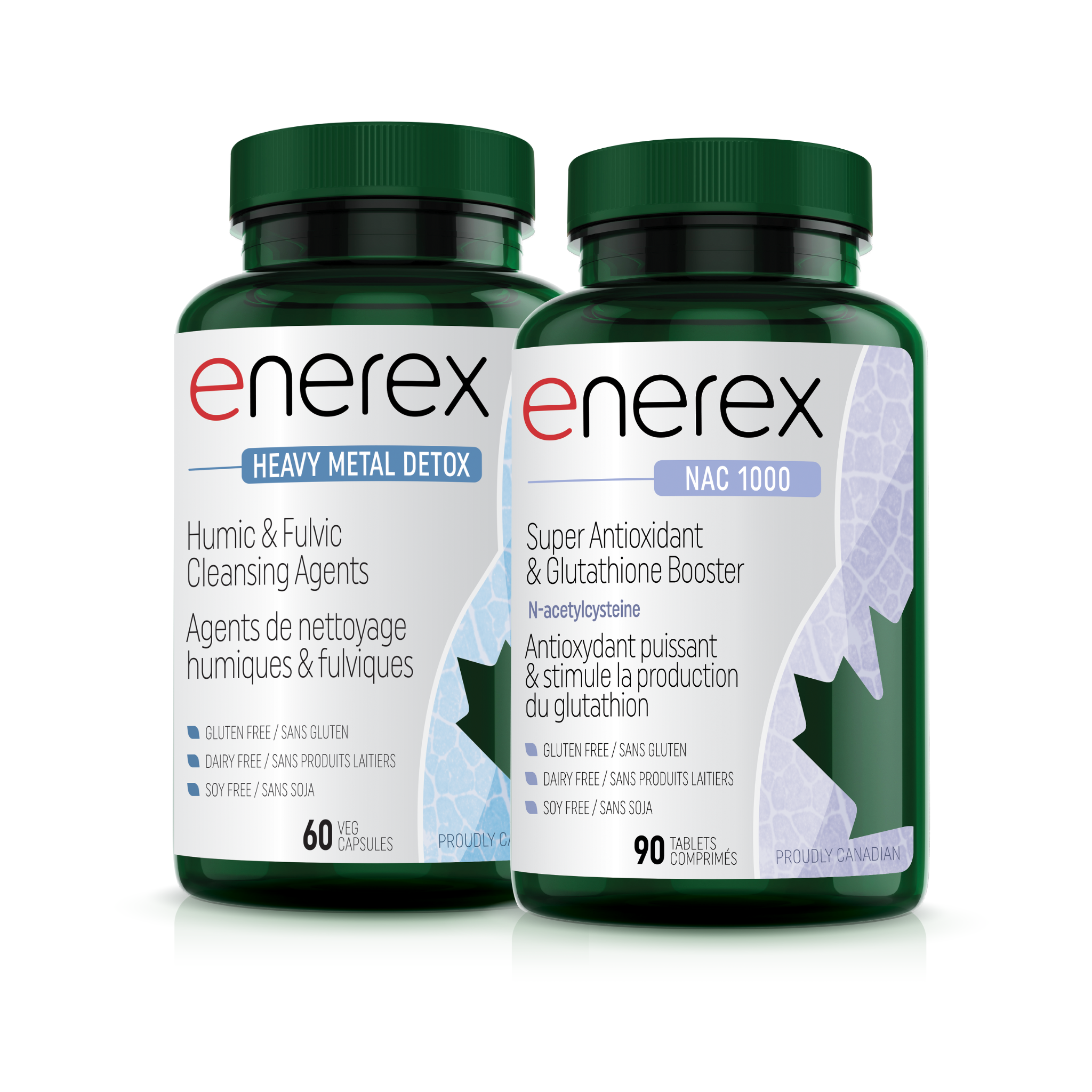
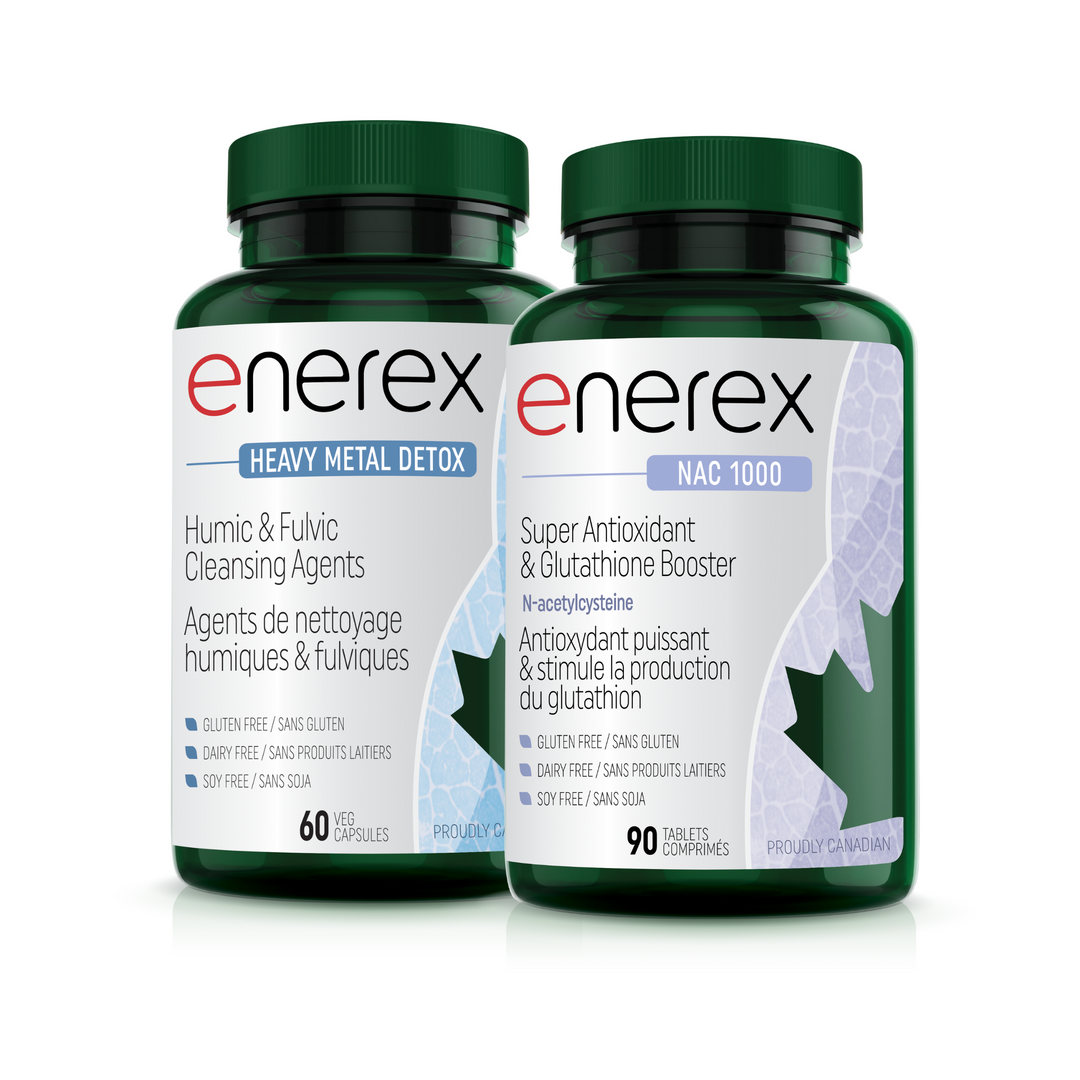
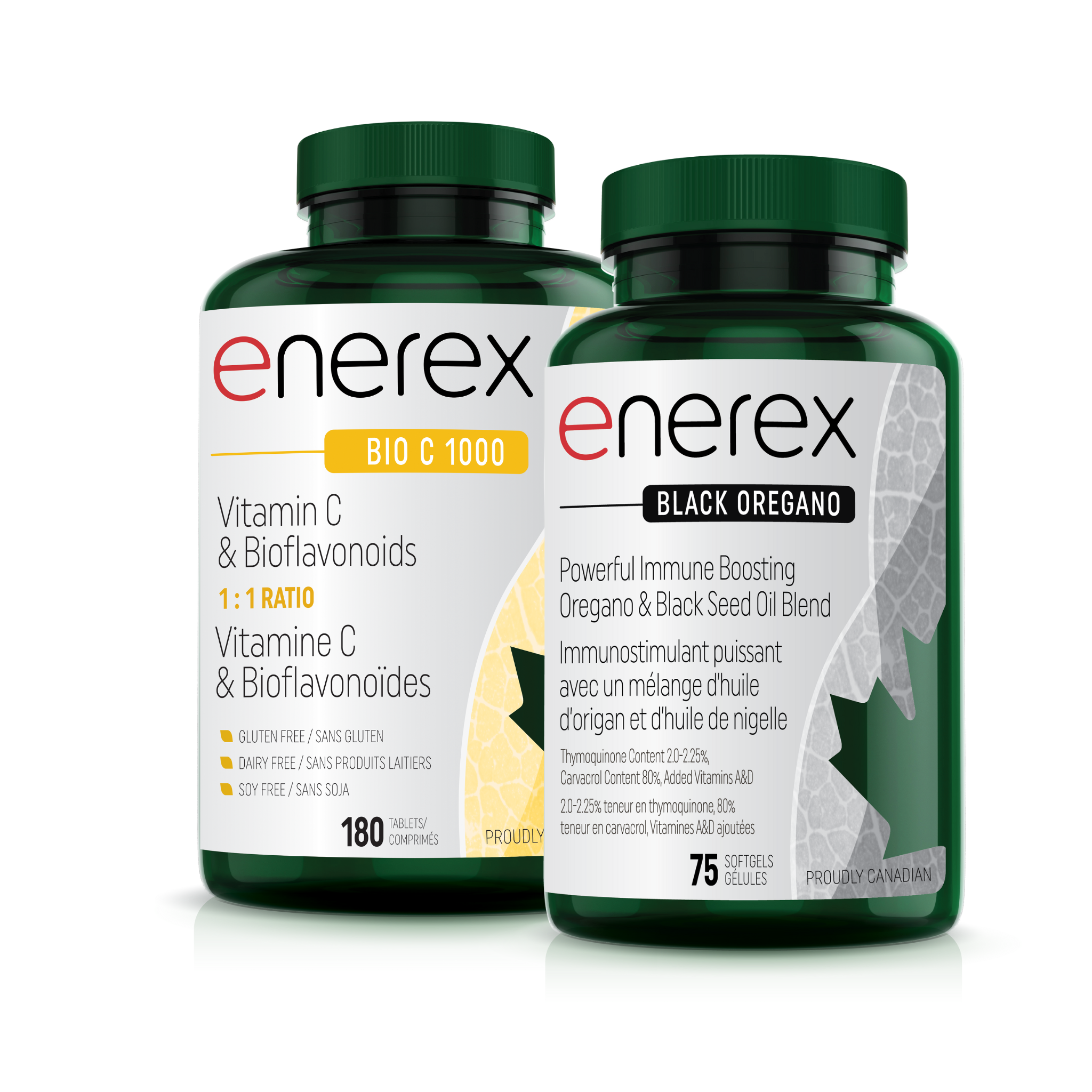
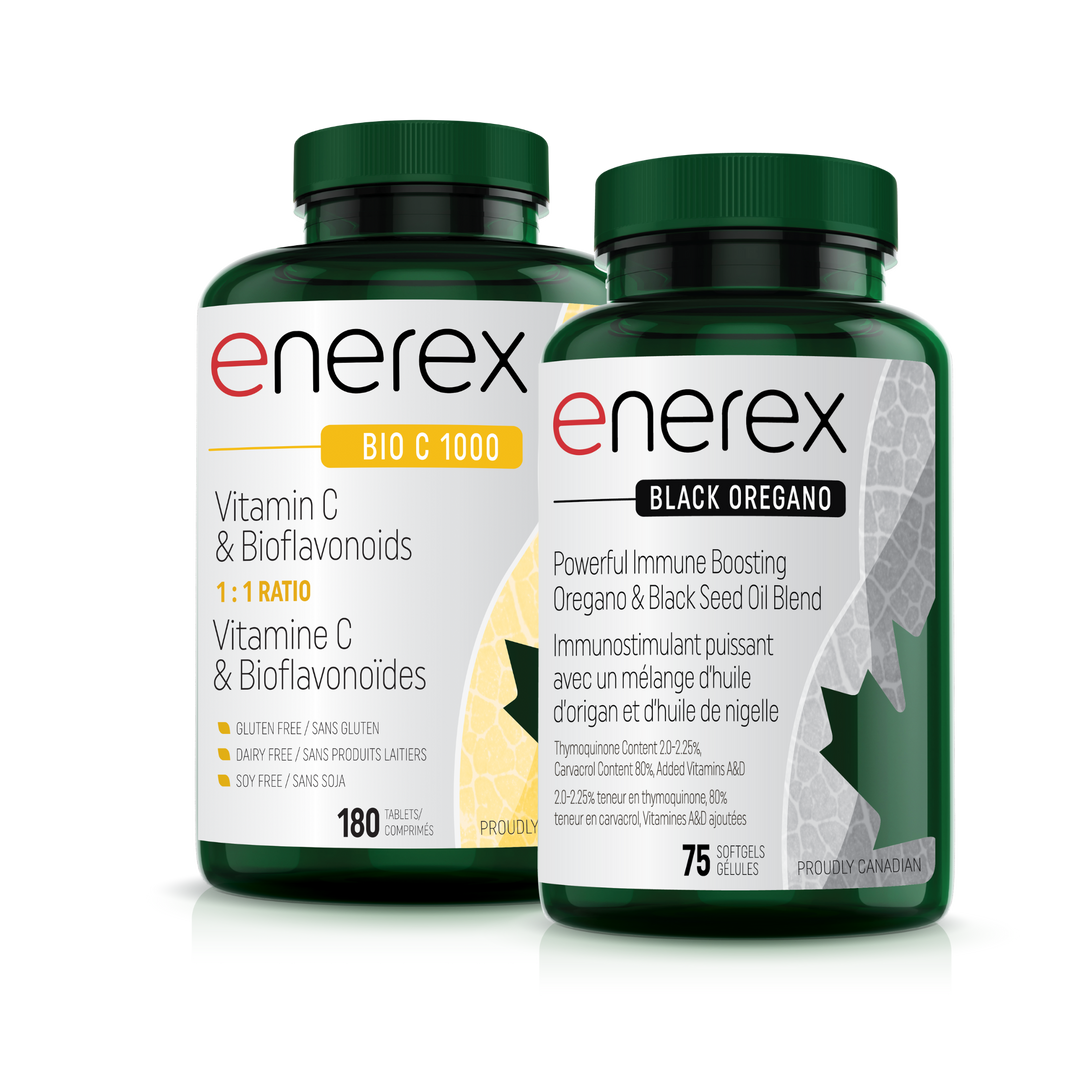
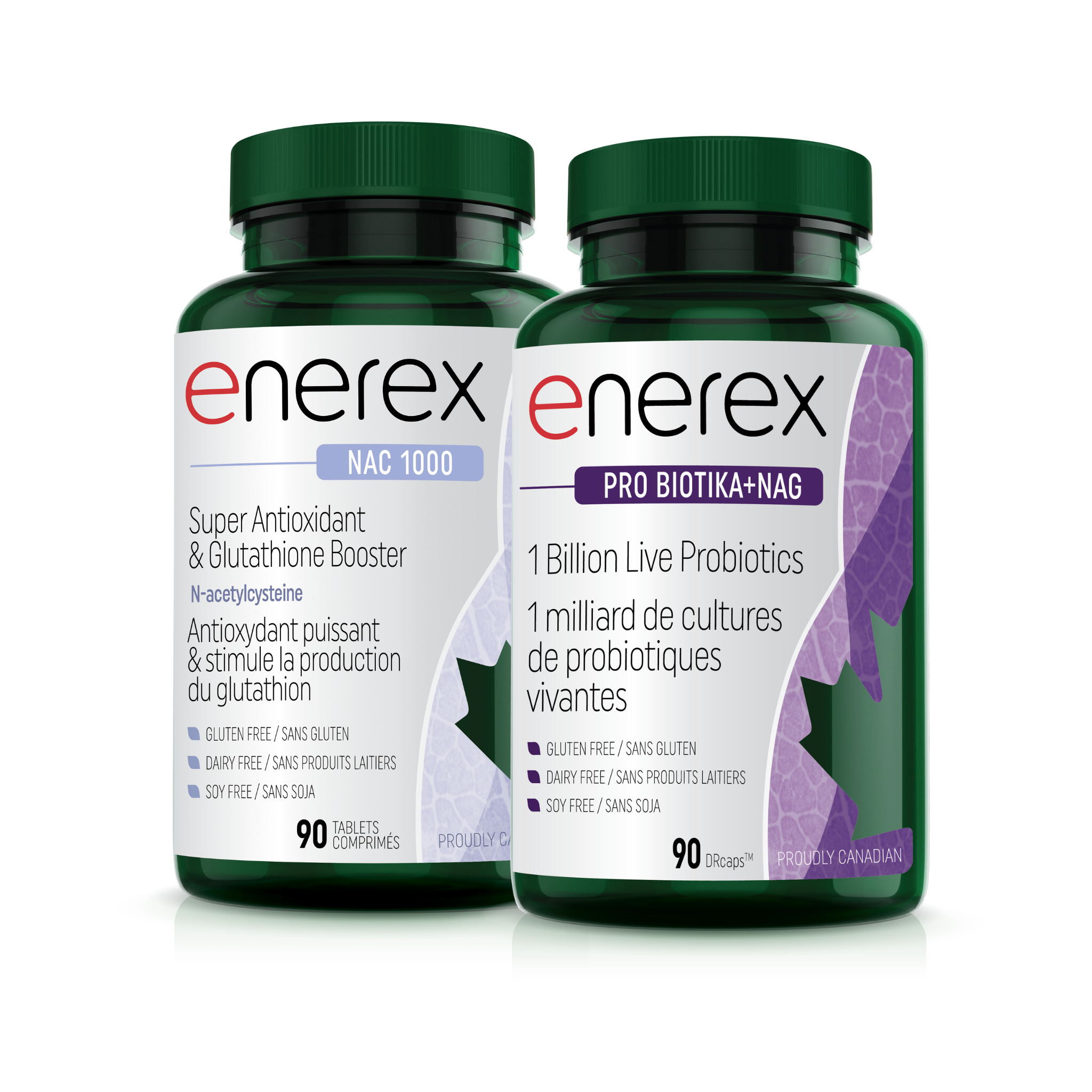
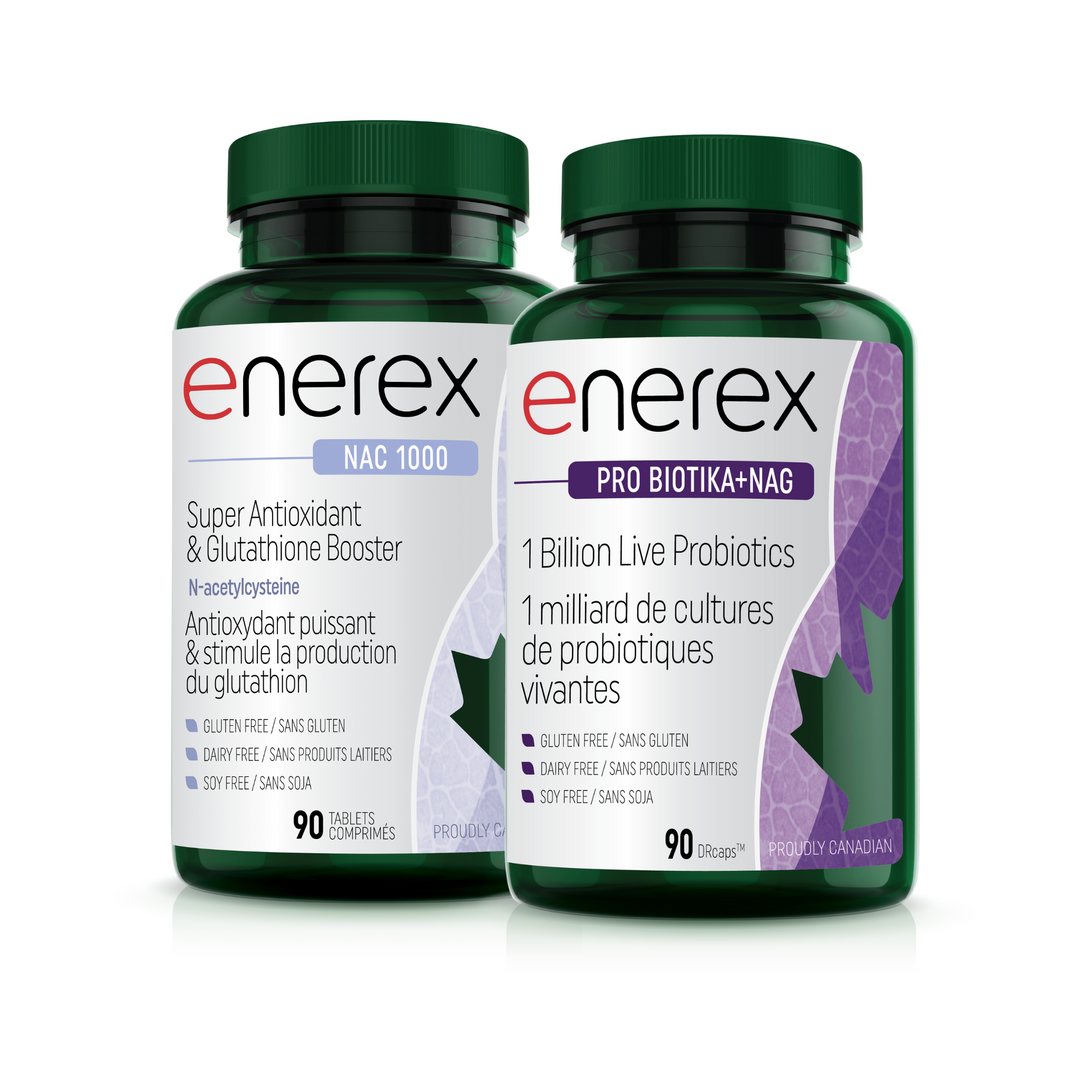
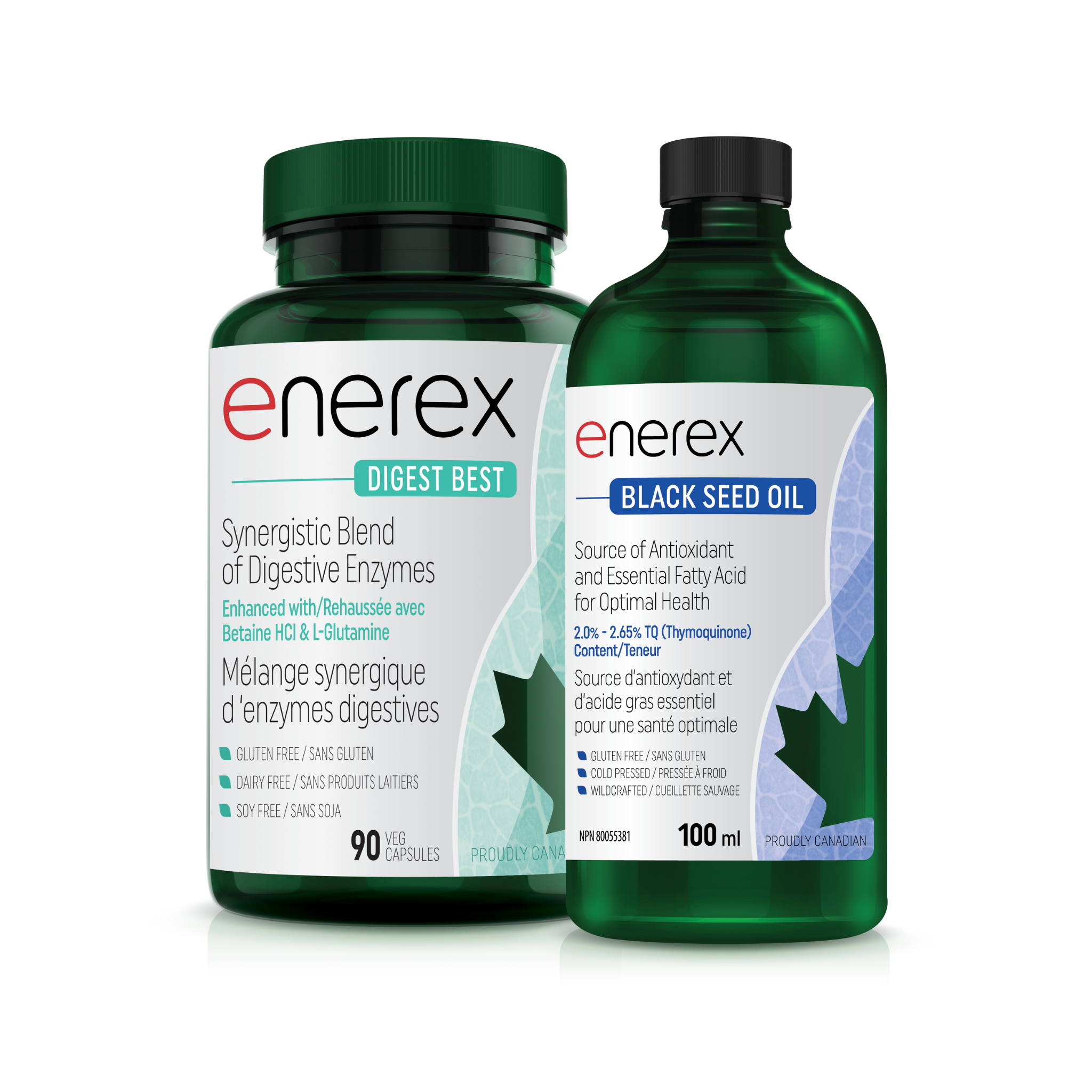
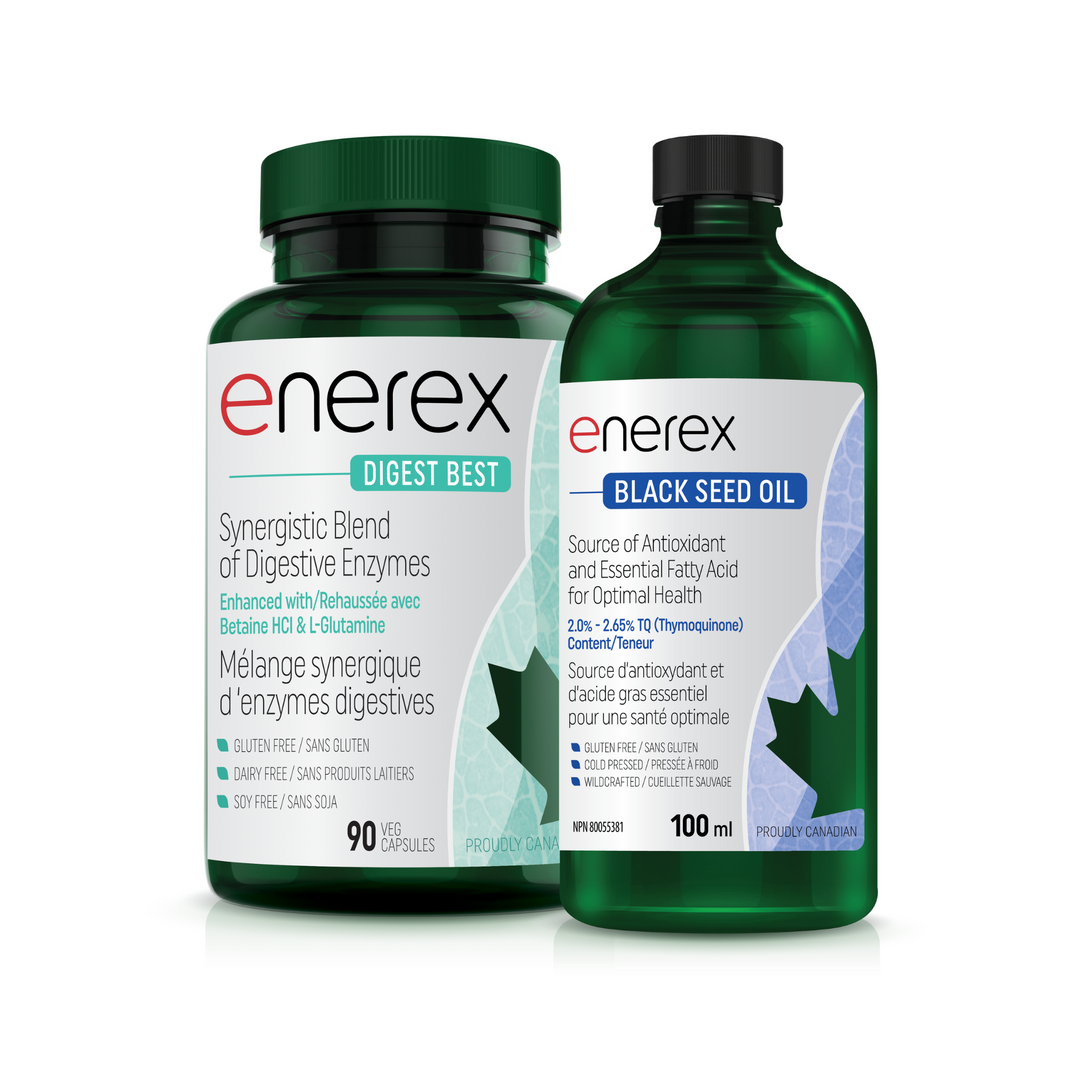
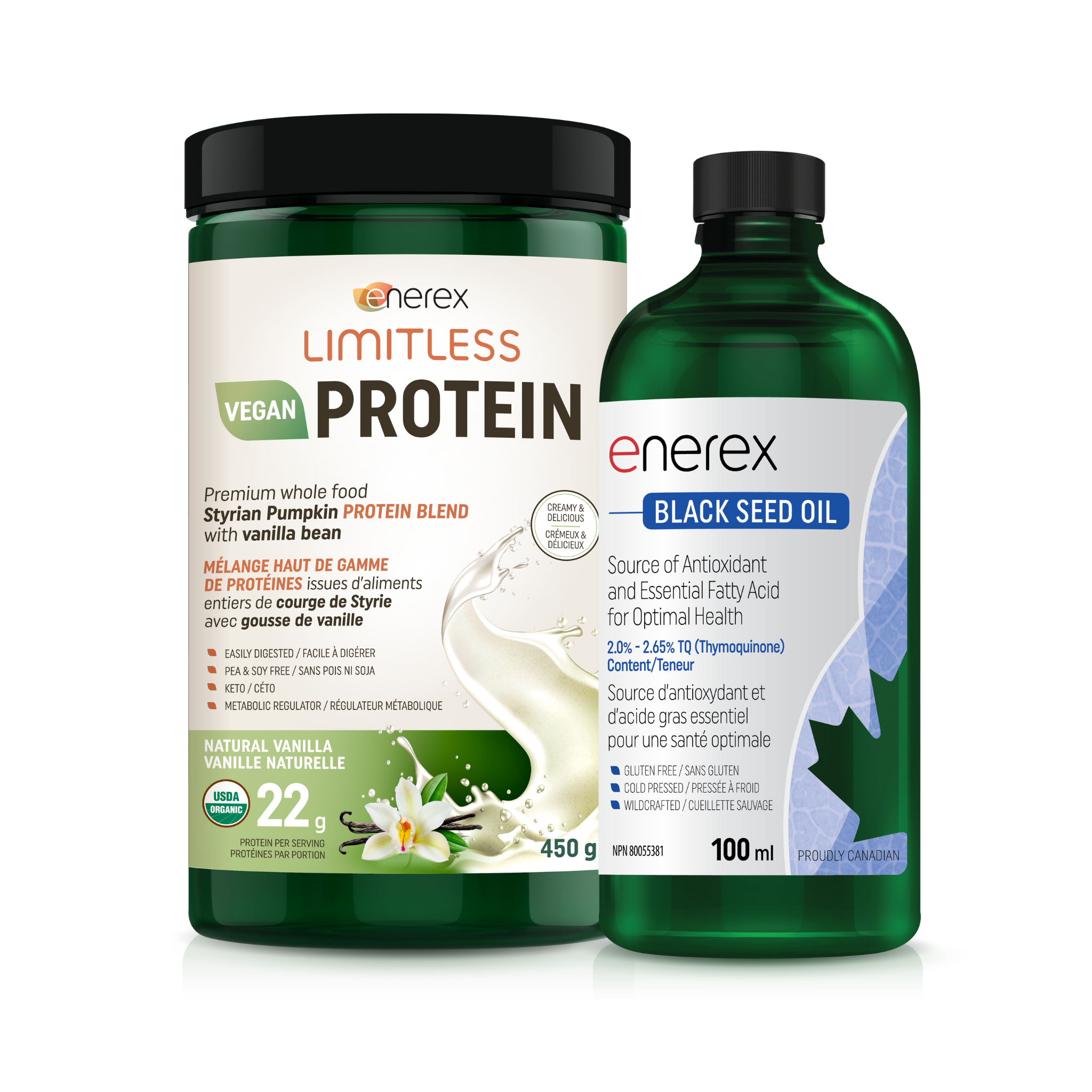
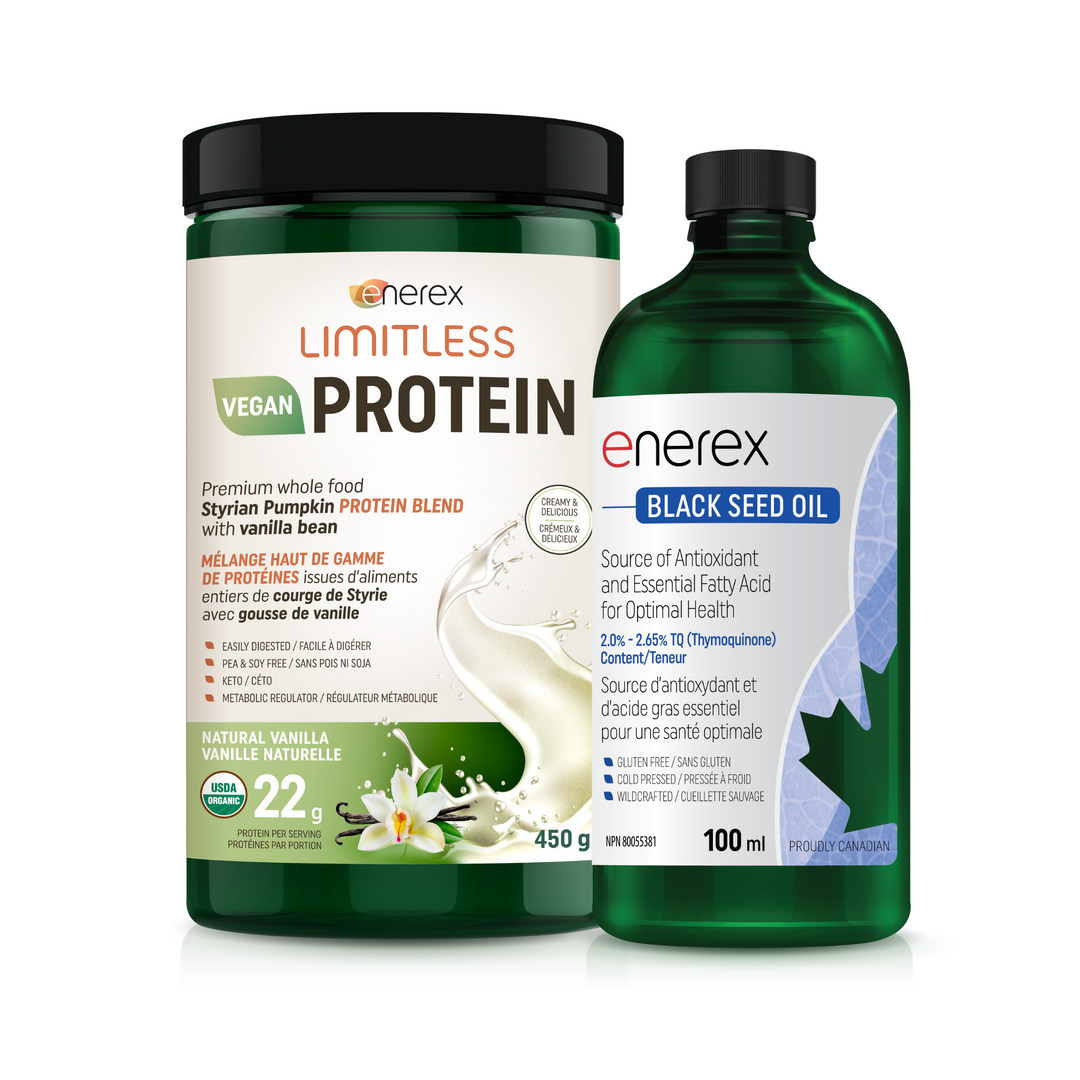
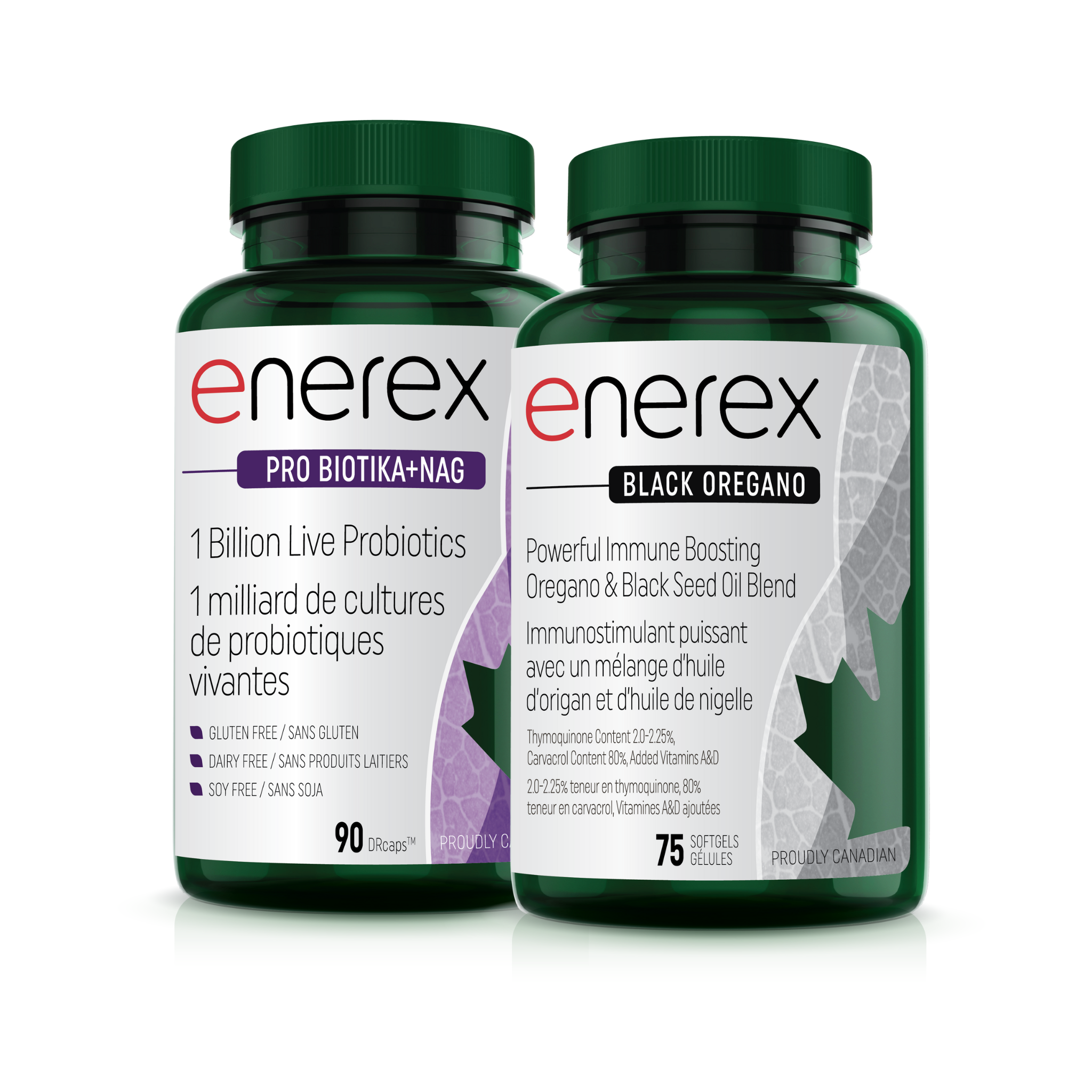
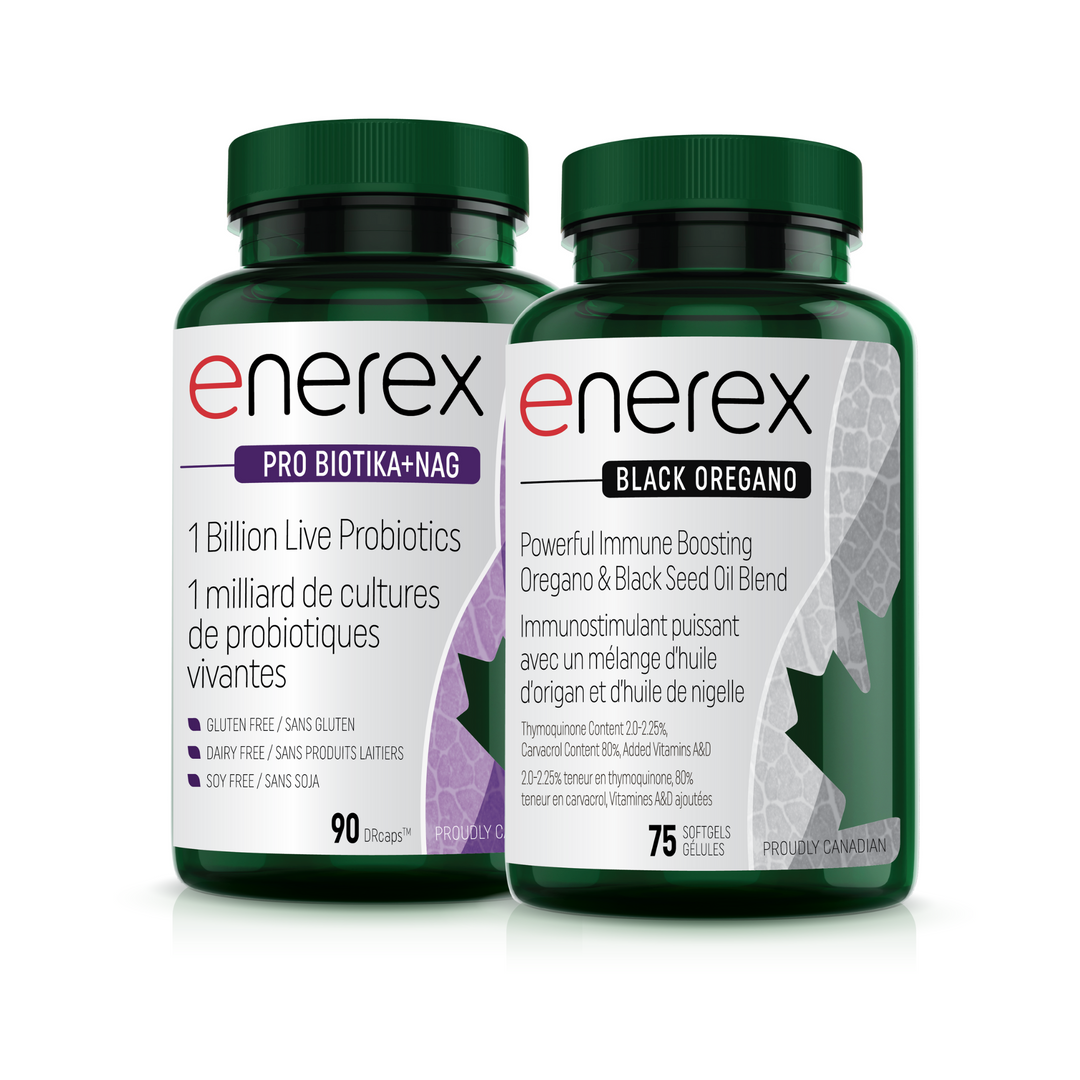
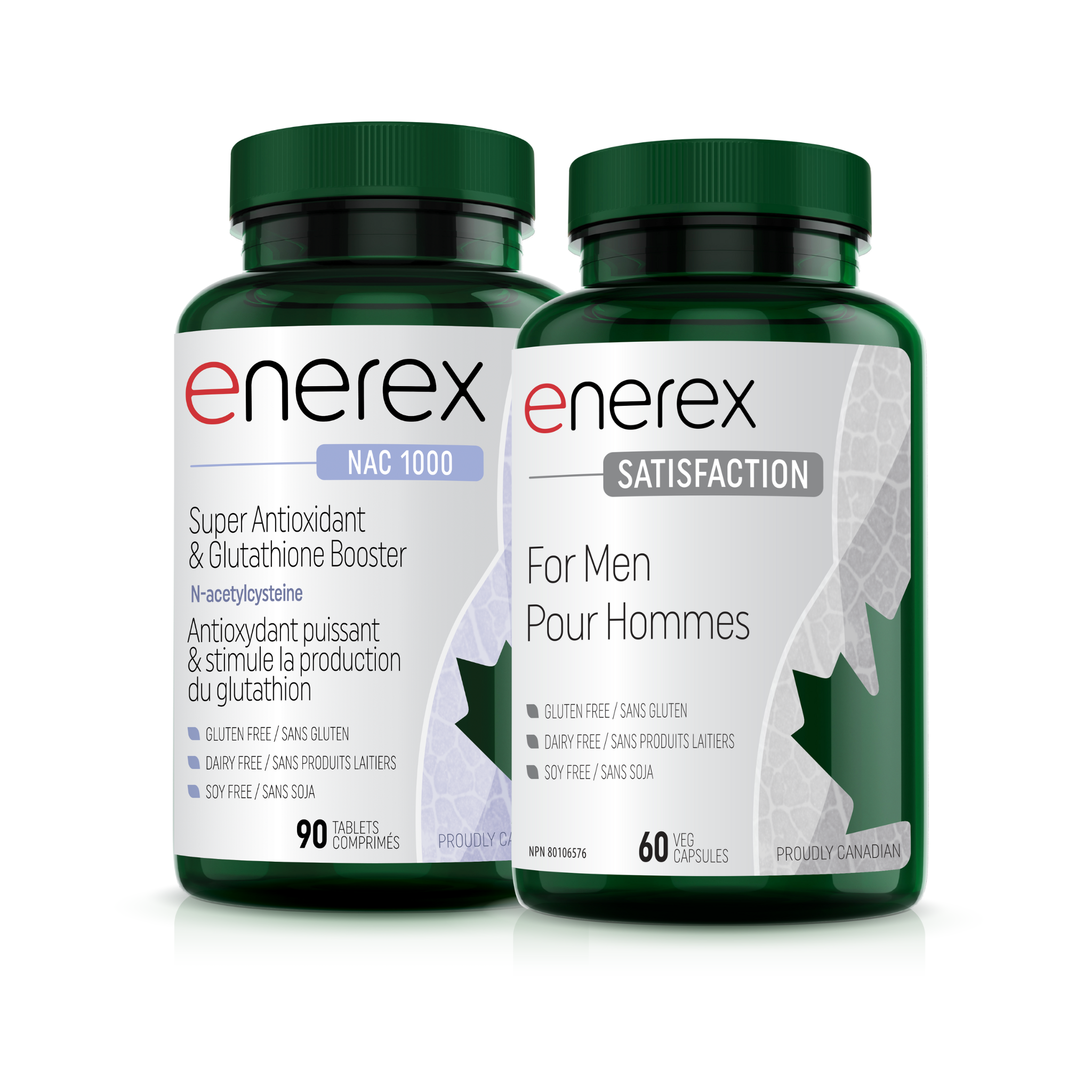
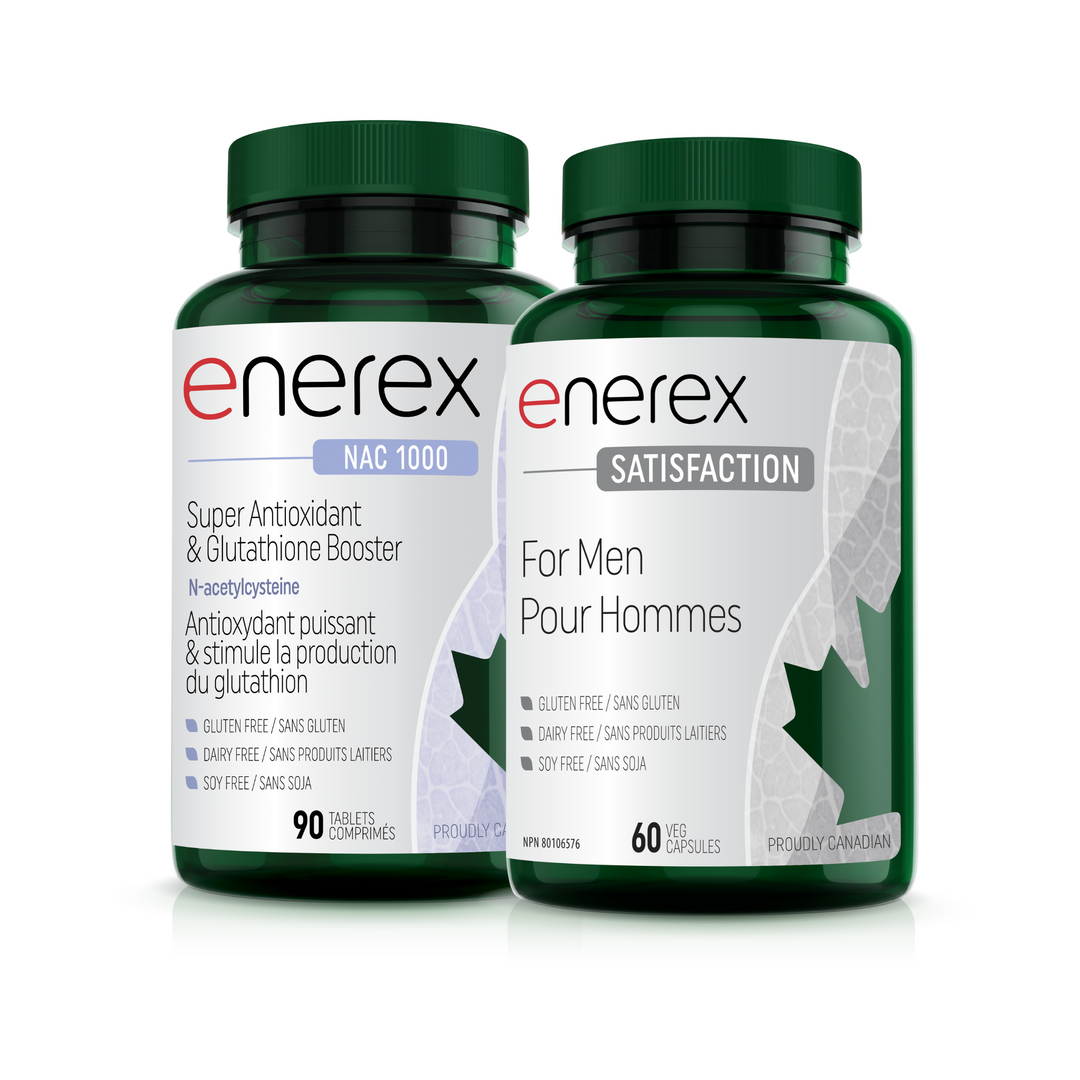
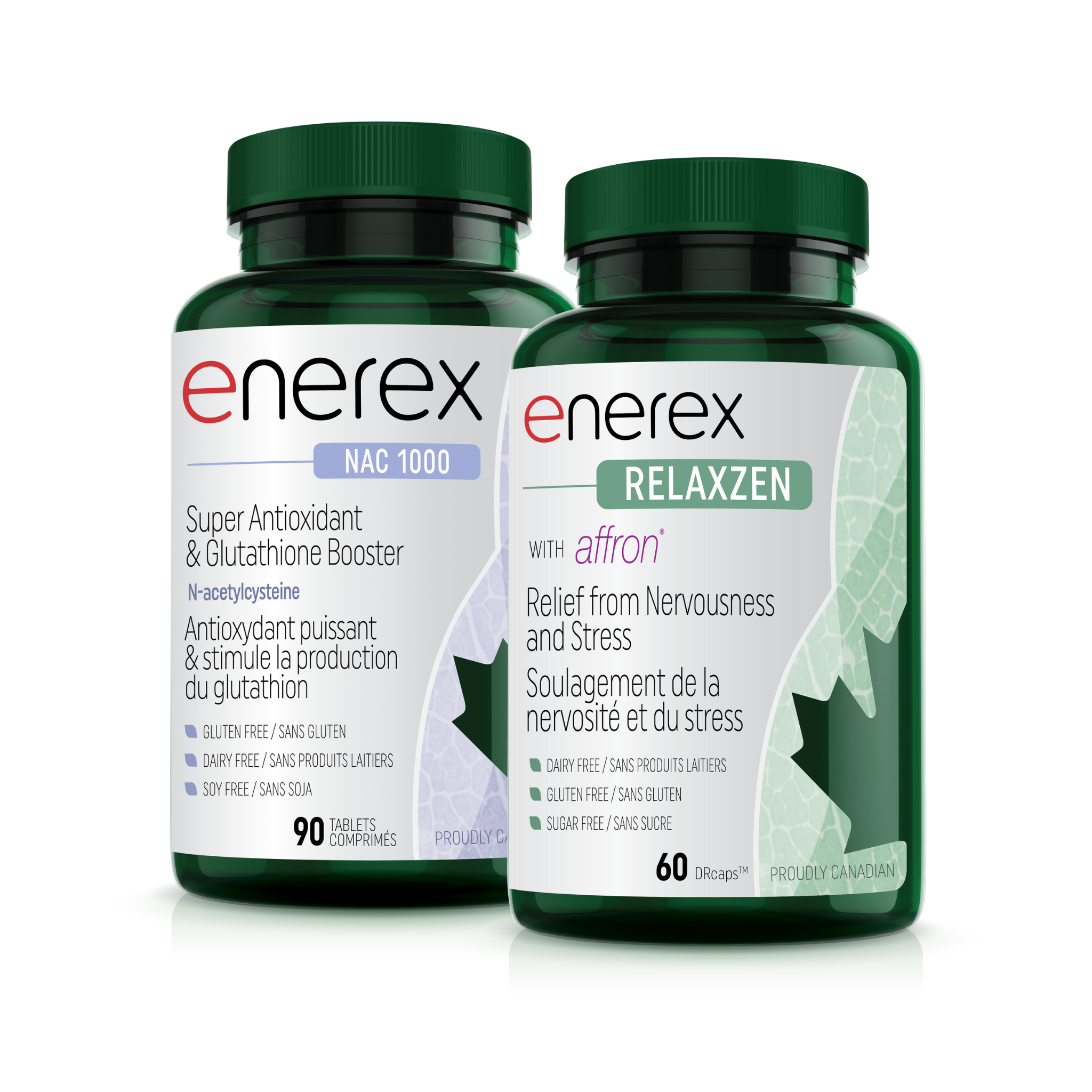
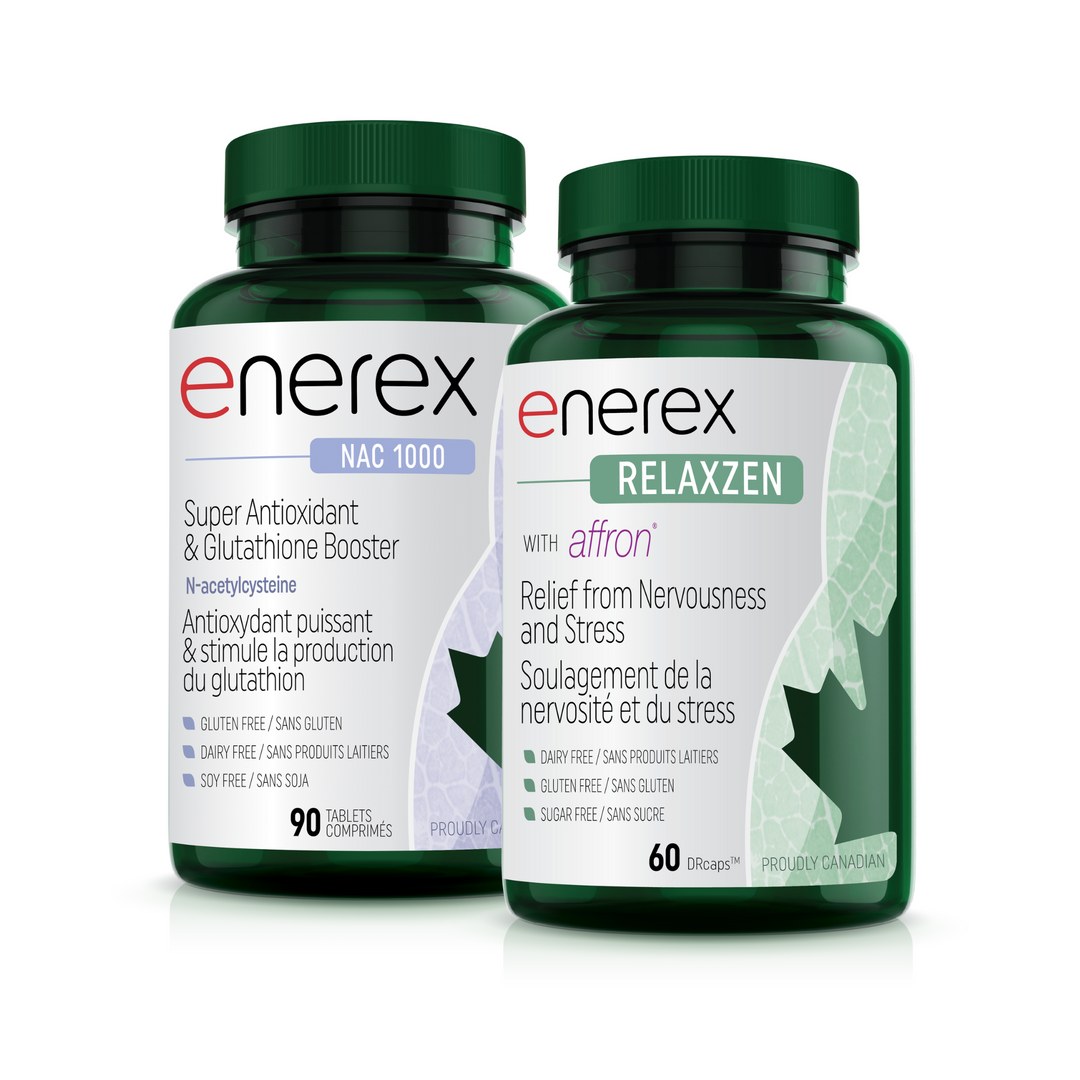
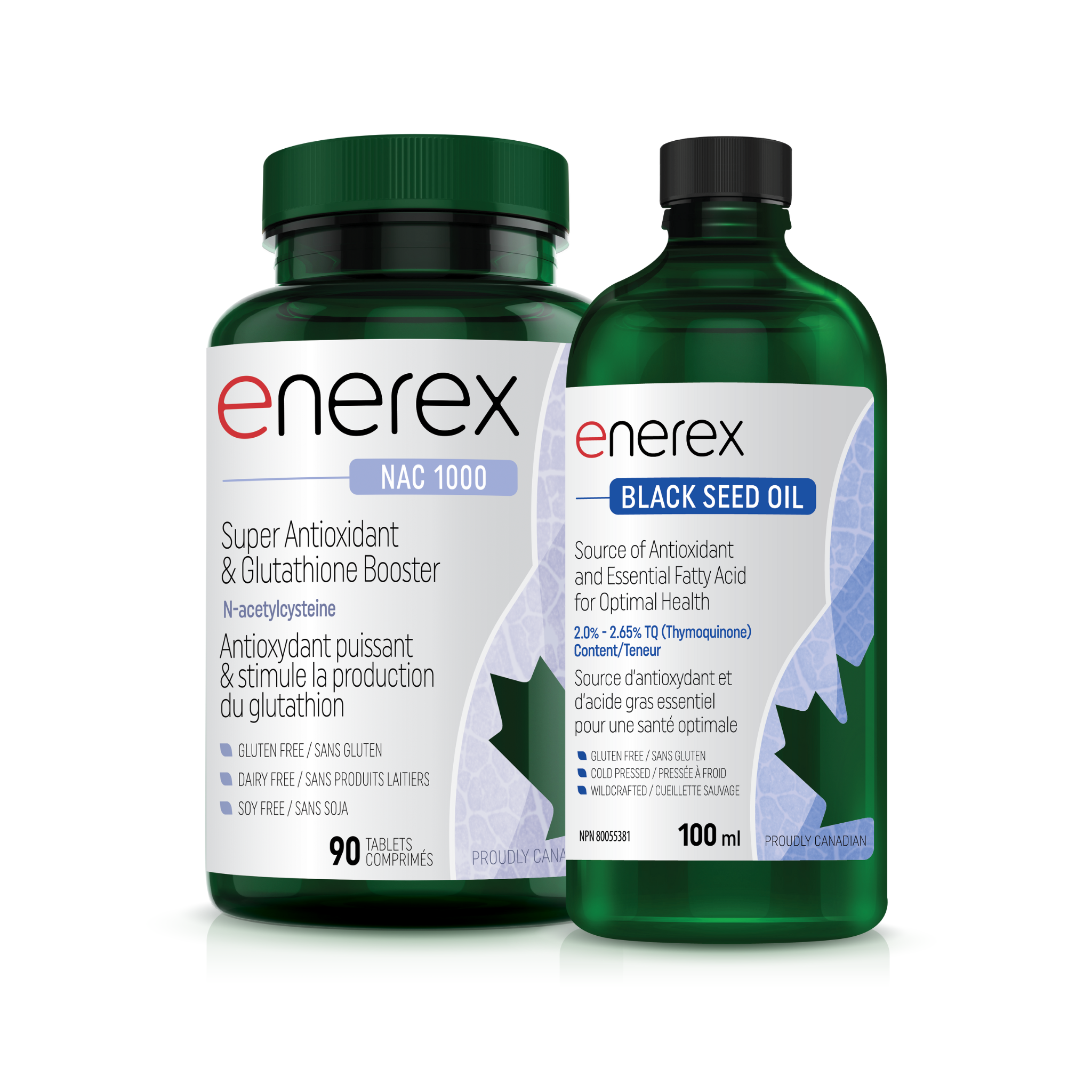
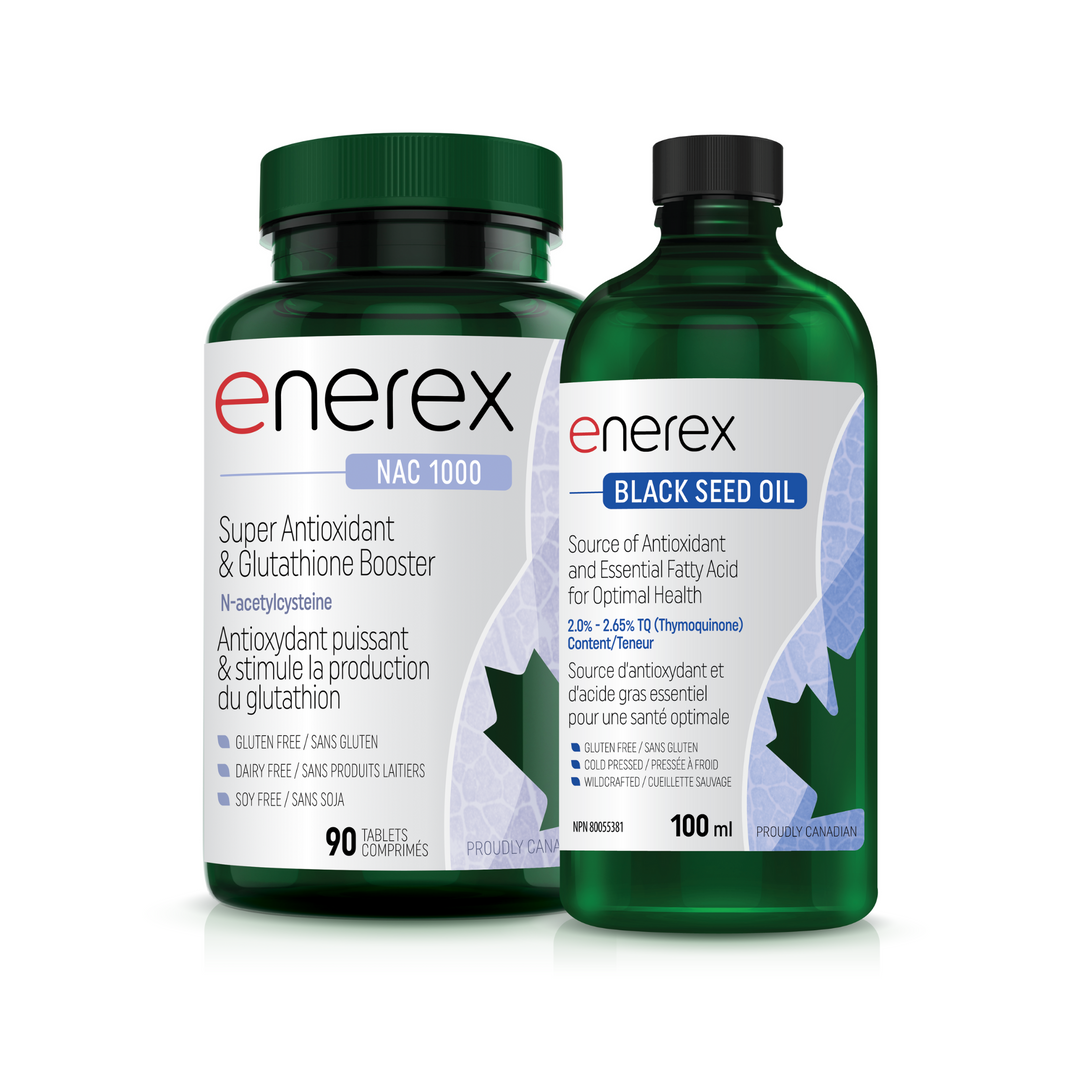
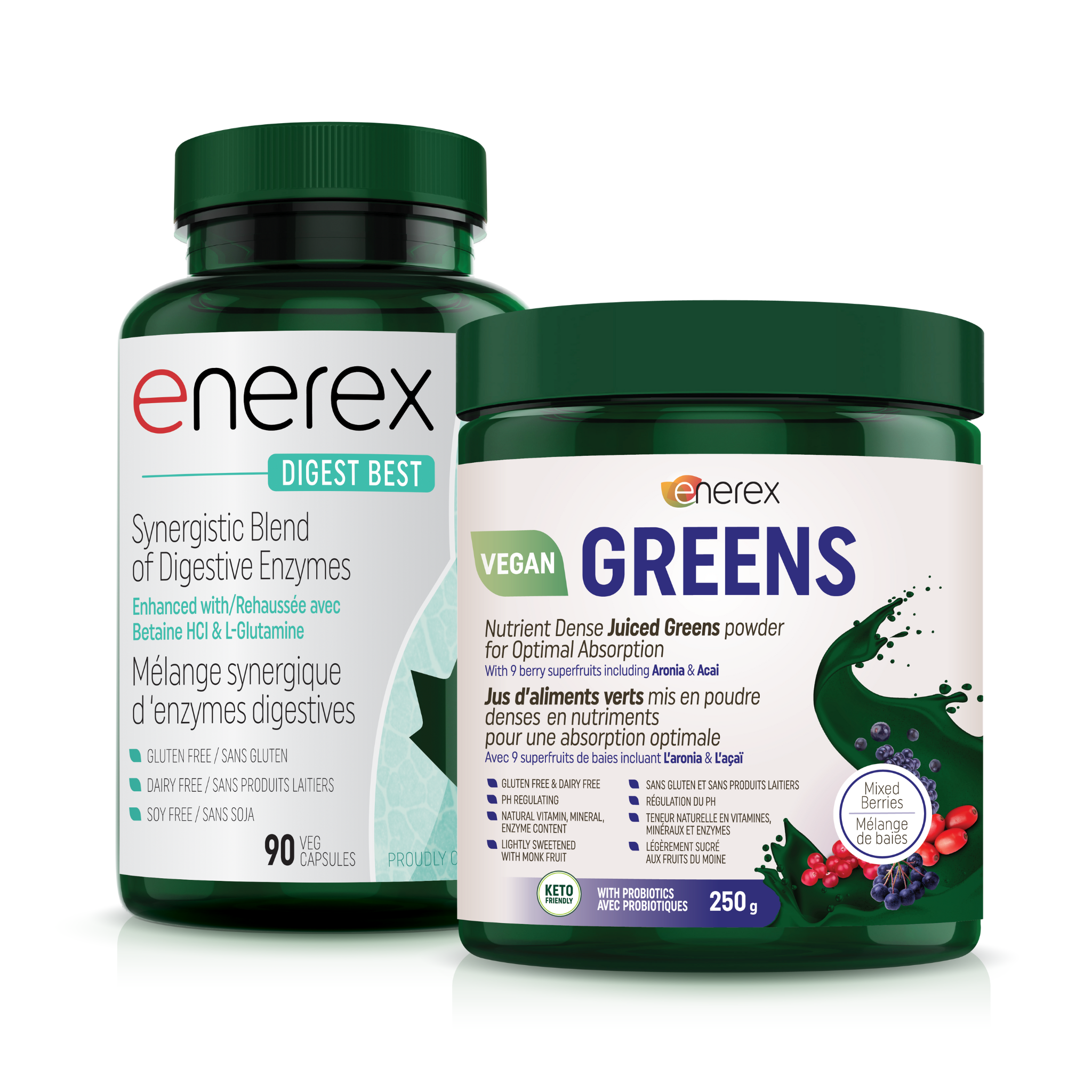
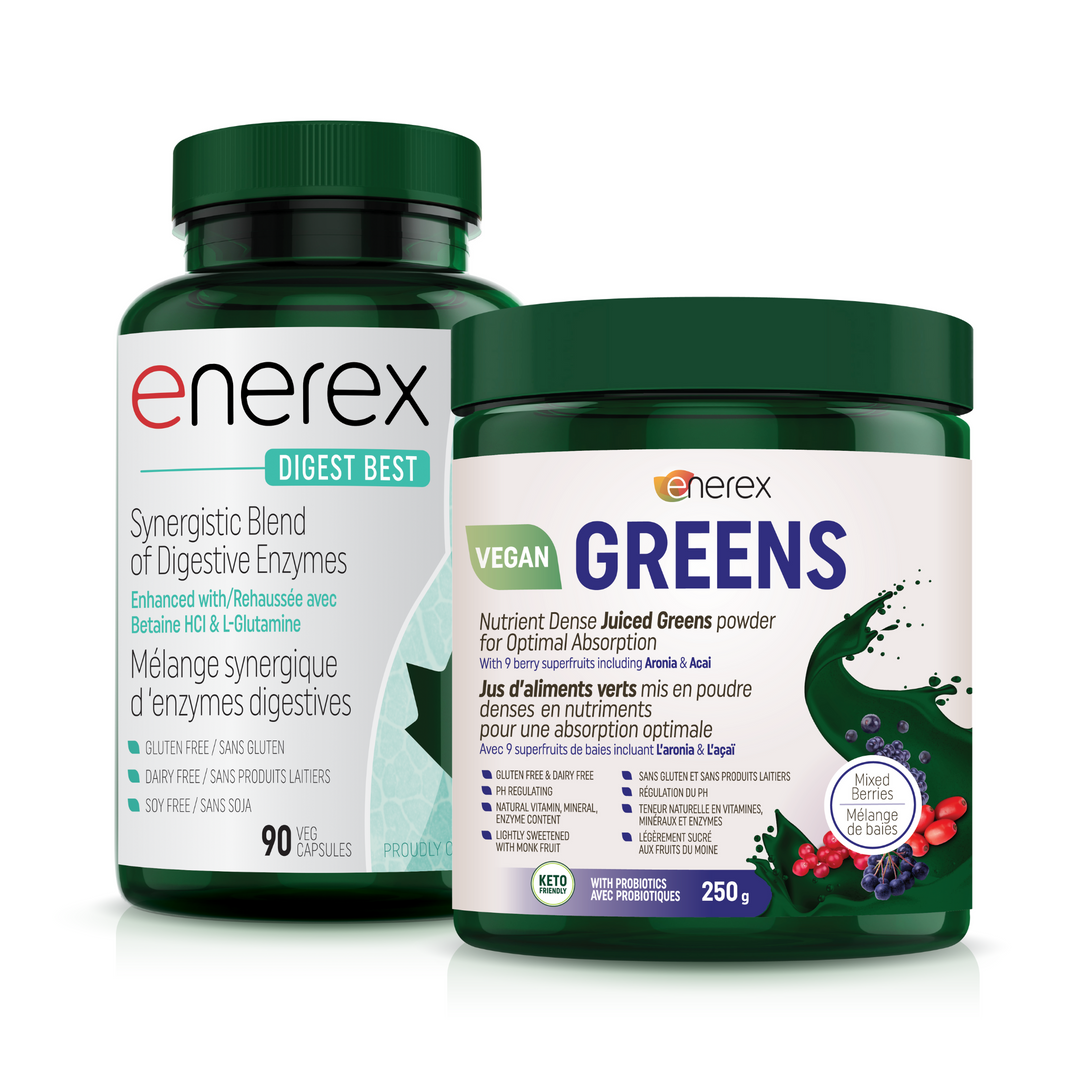
I have the actual black seeds. Could I grind them up (like coffee grounds) and get the same benefits as the black seed oil. If so, how much of the ground black seeds should be taken. Thank you.
Leave a comment